Marc Andreessen
description: American entrepreneur, investor, and software engineer
260 results
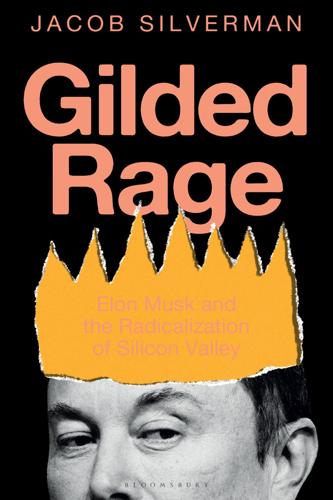
Gilded Rage: Elon Musk and the Radicalization of Silicon Valley
by Jacob Silverman · 9 Oct 2025 · 312pp · 103,645 words
quarantine measures, which were cast as an extension of the bureaucratic, nanny-state, professional-managerial class politics so despised by people like billionaire venture capitalist Marc Andreessen and Vivek Ramaswamy. They bridled at not being allowed to run their businesses—and their employees’ lives—as they liked, even during a major pandemic
…
substantive at stake. In practical terms, Musk acted as an authoritarian confident of his power. But he was not alone. We have already briefly met Marc Andreessen—a pioneer of the web browser, Netscape founder, Facebook board member, and a top venture capitalist. He was Silicon Valley royalty, personally worth an estimated
…
smart and loyal. Silicon Valley elites tended to dismiss expertise. “Everything you read makes sense if you simply translate ‘experts’ as ‘crazy people,’” according to Marc Andreessen.3 That attitude provided broad rhetorical and ideological cover for tech moguls to refashion any industry in their image, from taxis to healthcare to real
…
was an audience for tech-driven, conservative-friendly media. With its audio-only format, Clubhouse also affirmed how much these guys loved talking—Sacks and Marc Andreessen, a Clubhouse investor, became regular podcasters. In the fall of 2021, Sacks launched Callin, a podcast platform, with $12 million in series A funding. Building
…
about Boudin.16 “We must [hold] the ‘Killer DA’ accountable,” Calacanis wrote on X.17 The effort ultimately raised more than $59,000 from Calacanis, Marc Andreessen, and other venture capitalists, which Calacanis gave to Susan Dyer Reynolds as she launched a publication called Gotham that portrayed the city as a fallen
…
most prominent was on the island of Roatan. It was called Próspera and it had accrued $120 million in venture capital support from Sam Altman, Marc Andreessen, Balaji Srinivasan, Peter Thiel, and other prominent investors.10 They also obtained funding from Pronomos, a financial firm headed by Patri Friedman, the grandson of
…
tech moguls in order to build an entirely new city on Solano County farmland.3 Funded by some of the biggest names in venture capital—Marc Andreessen, Michael Moritz, Reid Hoffman, Laurene Powell Jobs—Flannery Associates had already spent at least $800 million acquiring some 60,000 acres of land, making it
…
“startup founder” permanently etched before his name, Sramek moved to San Francisco. He founded a company called Memo; it folded about 14 months later, though Marc Andreessen, a future California Forever investor, praised the software on Twitter. Sramek got a fellowship at Y Combinator, a prestigious startup incubator that can allow founders
…
. “San Francisco is the inverse Soviet Union. There are goods on the shelf, but the goods are locked up, and the criminals are free,” wrote Marc Andreessen in 2022.29 How did a moderately accomplished tech and finance professional manage to convince some of the biggest names in tech financing to pour
…
seven years quietly, and so, it’s nice to be able to tell it,” said Sramek in an interview with Andreessen Horowitz, whose co-founder Marc Andreessen was a California Forever investor. Sramek lamented the “limited engagement between the defense community and at least some of the venture firms.” Now things were
…
” subculture, which Forbes described as “a philosophy that calls for technology to advance no matter the cost.”31 For this group, software was boring; as Marc Andreessen exhorted his faithful, it was time to build cool stuff. Sramek, who was supposed to be building a large planned community, was talking about allying
…
climate change and sustainability, like John Doerr. We have people who really care about building stuff again, in the physical world and advanced manufacturing, like Marc Andreessen and Chris Dixon.” Sramek wouldn’t disclose the size of investors’ stakes. He said that Mather’s was “small” and that his own was “very
…
people in society, the most successful, send their kids to the most politically radical institutions, which teach them how to be America-hating communists,” said Marc Andreessen. Their elite credentials helped these “America-hating communists” get in the doors of tech companies, only for their executives and investors to realize that these
…
band of venture capitalists and tech CEOs best known by the general public for these kinds of X posts: Elon Musk, Joe Lonsdale, David Sacks, Marc Andreessen, Shaun Maguire—i.e. the men who appear in this book. They were all very rich and controlled a lot of capital beyond their own
…
conservatives had already turned on the money spigot for Trump, the Trump assassination attempt and Vance’s ascension prompted them to fully open the tap. Marc Andreessen and Ben Horowitz, who headed the highly influential VC firm bearing their names, announced on their podcast that they would be donating to pro-Trump
…
photo from June 2016, a grinning Crown Prince Mohammed bin Salman can be seen standing with 14 tech industry luminaries—including Reid Hoffman, Peter Thiel, Marc Andreessen, Sam Altman, and Michael Moritz. The photo—which was taken at a San Francisco dinner where MBS, who had just invested $3.5 billion in
…
, but a second victory, after everything that had happened, would signal that something fundamental had changed in the political firmament. Elon Musk, David Sacks, and Marc Andreessen watched the election returns come in alongside Trump at Mar-a-Lago.3 Musk left early, already certain that Trump would win, according to the
…
unmitigated triumph. “Trump will fill his top ranks with billionaires, former CEOs, tech leaders and loyalists,” Axios reported two days after the election. “Elon Musk, Marc Andreessen, David Sacks, Joe Lonsdale and other tech leaders are helping pick staff and drive policies to quickly expand AI, crypto and other business frontiers.”8
…
-19094875 8 https://witi.com/conferences/2019/fortlauderdale/speakers.php chapter 14: the tap turns off 1 https://www.nytimes.com/2025/01/17/opinion/marc-andreessen-trump-silicon-valley.html 2 https://www.wsj.com/articles/silicon-valley-bank-svb-financial-what-is-happening-299e9b65 3 https://x.com/Jason/status
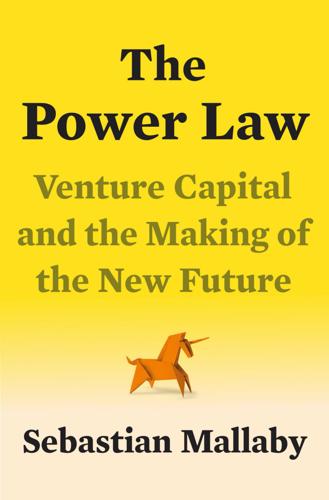
The Power Law: Venture Capital and the Making of the New Future
by Sebastian Mallaby · 1 Feb 2022 · 935pp · 197,338 words
grandchildren. The gap between VC rhetoric and VC practice is easily mocked. In April 2020, in the throes of the coronavirus pandemic, the venture capitalist Marc Andreessen proclaimed that it was “time to build.” “Where are the high-speed trains, the soaring monorails, the hyperloops, and yes, the flying cars?” he demanded
…
, created in New Mexico. The first precursor of the worldwide web, the network-management software Gopher, was from Minnesota. The first browser was developed by Marc Andreessen at the University of Illinois. The first search engine, Archie, was invented by Alan Emtage at McGill University in Montreal. The first internet-based social
…
lab at the University of Illinois: it was another instance of government science kick-starting the online revolution. But the lead inventor of the browser, Marc Andreessen, did not stay in Illinois for long. The government was good at basic science. It was not good at turning breakthroughs into products that changed
…
bought the entire amount himself, seizing half the total equity.[68] (When Mosaic Communications, by then renamed Netscape, went public the following year, the young Marc Andreessen owned just 3 percent—the same share that Clark had owned in Silicon Graphics.)[69] But however much Clark despised venture capitalists, he needed their
…
connection. Luke Nosek was a high-octane computer scientist who had arrived in the Valley after studying at the University of Illinois a bit after Marc Andreessen. This Max—his full name was Max Levchin—was a product of the same computer science course. They were all libertarians. Levchin told Thiel he
…
million renminbi (about $15 million) and a thousand employees worth more than 10 million ($1.5 million). He sounded like Jim Clark of Netscape, liberating Marc Andreessen’s coding friends from the University of Illinois. Of course, the riches also flowed to Xu, whose firm had laid its hands on fully two
…
the confidence to pay more. For another, the two-tier pricing enabled him to up his headline bid while controlling his blended cost of acquisition. Marc Andreessen, the 1990s software prodigy who had co-founded Netscape, had a ringside seat during these bidding wars: he was a Facebook board member. He watched
…
American in spirit as a Kravis or a Vanderbilt. The most striking sign of Milner’s influence came from a surprising quarter. In early 2009, Marc Andreessen, the Netscape founder and Facebook board member, launched a venture firm together with a fellow Netscapee, Ben Horowitz. Like other splashy new entrants—Accel in
…
population—were writing all the software that was transforming modern life. Anything that boosted the productivity of this small tribe would be immensely valuable. Predating Marc Andreessen’s declaration that “software is eating the world,” this last prepared-mind exercise became the springboard for a raft of Sequoia investments: Unity, a software
…
of this obsequious nonsense tended to view Pishevar as perceptive, even wise, and Kalanick was among those who enjoyed basking in his flattery. But soon Marc Andreessen signaled that a16z might be ready to value Uber at somewhere around $300 million. It was five times more than Benchmark had paid, less than
…
hand, technology libertarians are wrong to pretend that state interventions have contributed nothing. As we have seen, the internet began as a Pentagon project, and Marc Andreessen built the first web browser when working at a government-backed university laboratory. Two government policy changes—the lifting of restrictions on pension-fund investments
…
. Gompers et al., “How Do Venture Capitalists Make Decisions?,” Journal of Financial Economics 135, no. 1 (Jan. 2020): 169–90. BACK TO NOTE REFERENCE 36 Marc Andreessen, “It’s Time to Build,” Andreessen Horowitz website, April 18, 2020, a16z.com/2020/04/18/its-time-to-build. BACK TO NOTE REFERENCE 37
…
Encyclopedia (Santa Barbara, Calif.: ABC-CLIO, 2005), 37. BACK TO NOTE REFERENCE 87 Reflecting on the Valley of twenty-five years later, the venture investor Marc Andreessen observes, “So the myth in Silicon Valley is that the VC turns on the founder and boots him and brings in a CEO. The more
…
Julia Boorstin, “Facebook Scores $200 Million Investment, $10 Billion Valuation,” CNBC, May 26, 2009, cnbc.com/id/30945987. BACK TO NOTE REFERENCE 7 Dan Primack, “Marc Andreessen Talks About That Time Facebook Almost Lost 80% of Its Value,” Fortune, June 18, 2015, fortune.com/2015/06/18
…
/marc-andreessen-talks-about-that-time-facebook-almost-lost-80-of-its-value. BACK TO NOTE REFERENCE 8 Milner, author interviews. BACK TO NOTE REFERENCE 9 Milner,
…
REFERENCE 40 Andreessen appeared on Charlie Rose on February 19, 2009. BACK TO NOTE REFERENCE 41 The quotation is taken from Andreessen’s blog. See Marc Andreessen, “The Truth About Venture Capitalists,” pmarca (blog), June 8, 2007. In addition, academic survey work suggests that the most important VC skill is deal selection
…
interview. BACK TO NOTE REFERENCE 51 The Zynga investment was profitable. The Foursquare investment was a disappointment. BACK TO NOTE REFERENCE 52 Dan Primack and Marc Andreessen, “Taking the Pulse of VC and Tech,” June 18, 2015, in The a16z Podcast, produced by Andreessen Horowitz, youtu.be/_zbZ9ja19RU. Andreessen also cited Milner
…
recruits Neil Shen and launches Sequoia China. 2009 Yuri Milner makes a growth investment in Facebook, offering tech founders a way of delaying IPOs. 2009 Marc Andreessen and Ben Horowitz form a venture partnership, quickly becoming industry leaders. 2010 Sequoia China backs Meituan, which later surpasses Google as the most profitable bet
…
of his analysis of the global social-media business. The resulting $300 million investment in Facebook made Milner a Valley celebrity and quickly inspired imitators. Marc Andreessen (left) and Ben Horowitz (right) launched a new venture partnership in 2009, immediately vaulting into the top tier. Big characters with big reputations as coders
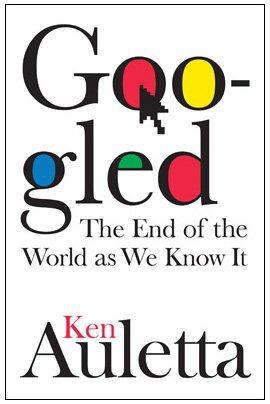
Googled: The End of the World as We Know It
by Ken Auletta · 1 Jan 2009 · 532pp · 139,706 words
employees constantly say they were on a quest to bring information to the masses, as if they toiled for a nonprofit that awarded no bonuses. Marc Andreessen, thirty-eight, who transformed the Internet into a mass medium by helping invent what became the Netscape browser when he was a student and who
…
Netscape philosophy too, for the same January 1998 month Page and Brin presented their paper, the company that grew out of the browser invented by Marc Andreessen announced that it was revealing the source code to its browser; the new open-source browser would later be named Mozilla. The presentation was a
…
in 1997, he asked Campbell to join his board. Today Campbell serves as a mentor to some of the Valley’s most successful entrepreneurs, from Marc Andreessen to Steve Jobs, whom he walks and talks with most weekends in Palo Alto, where they are neighbors. He estimates that he spends about 10
…
, California; in the spring, he coaches the eighth-grade girls in what’s called powder puff football. He doesn’t have a lot of enemies. Marc Andreessen said of Campbell, “He’s been incredibly important in the Valley. Business is changing so quickly,” and less experienced entrepreneurs turn to Campbell for guidance
…
. He remembers his experiences as an executive at Netscape, where the three senior executives—founder Jim Clark, CEO James Barksdale, and the browser’s inventor, Marc Andreessen—“were not in sync.” Pulling in different directions, Netscape lost its focus. Page and Brin bucked each other up in another way: they burned with
…
2009, when the company he wanted Viacom to buy—MySpace—had slumped and Murdoch brought in new management, including Jason Hirshhorn as chief digital officer. MARC ANDREESSEN HAS SPENT much of his life working in the digital sandbox, achieving the fame and financial success others seek. A large man with an immense
…
next year to the technology group in Menlo Park, under Frank Quattrone. He worked on the 1995 Netscape IPO, going on the road with cofounders Marc Andreessen and Jim Clark, and with CEO James Barksdale. In October 1995, he joined Netscape as their chief deal maker and Wall Street liaison. He helplessly
…
asked of the experienced coach, “Where was Bill?” He said Campbell spends too much time dispensing hugs. “I find him all hat and no cattle.” MARC ANDREESSEN was of two minds about Google. On the one hand, he believed, “Google is in a great position,” particularly with YouTube, which he thought will
…
and Xbox 360 platforms, and expending half a billion dollars to advertise on Viacom platforms. Google and Facebook were not yet joined in battle, observed Marc Andreessen, who joined the Facebook board in the summer of 2008, but they were engaged “in a little shadow boxing.” Mindful of his experience at Netscape
…
media companies ride, crash into, or are submerged by. “I think they’re naive, not evil,” said CBS’s Quincy Smith. He said his friend Marc Andreessen thinks he’s naive to be so trusting. But Smith doesn’t subscribe to a conspiracy theory because “I don’t think anybody can be
…
enormous benefit to other companies as well. Referring to the Internet as “a magic box where whatever you want to do, it’s all there,” Marc Andreessen credited Google with making the box “more magical. Google makes the world a much better place because it makes everything findable. Many companies spend a
…
risks” and “innovate”—to do the bold things Schmidt described—that will continue to set Google apart. However, companies with large appetites can get fat. Marc Andreessen believes Google aims “to do everything,” but is dubious that they can succeed. Andreessen also believes that in the digital age, technology alters the competitive
…
. One begins to hear anxious whispers in Silicon Valley that “free” might not be free. “I think people are getting more willing to pay,” said Marc Andreessen, who cited iTunes and Amazon’s Kindle as successful online pay services. “More and more of what people do, they do online. I think most
…
. Looking back on the investment mistakes made by newspapers, it is not hard to understand the too-sweeping contempt that people like Jeff Jarvis or Marc Andreessen harbor for them. Take the New York Times Company, which, though rightly proud of its flagship newspaper, has made its economic predicament worse with a
…
—which is a cousin of the belief that a computer can assemble news without editors—will diminish the thoughtful journalism a democracy requires. I asked Marc Andreessen, as I did others, to make believe he was the publisher of a newspaper. “What would you do?” The answer he shot back at me
…
appears to be a long way from becoming real. Craig Silverstein, Google employee number 1, said a thinking machine is probably “hundreds of years away” Marc Andreessen suggests that it is a pipe dream. “We are no closer to a computer that thinks like a person than we were fifty years ago
…
, 2007. 16 “We are in the advertising business”: author interview with Eric Schmidt, October 9, 2007. 17 likens Google to ... Andy Kaufman: author interview with Marc Andreessen, May 5, 2007. 17 “I sometimes feel”: author interview with Eric Schmidt, March 2, 2007. 17 seventy million dollars: Adam Lashinsky, “Where Does Google Go
…
his mind: Jennfier Reingold interview with John Scully in Fortune, July 21, 2008. 84 “He’s been incredibly important in the valley”: author interview with Marc Andreessen, September 15, 2008. 85 one of Schmidt’s initial targets ... “all things take care of themselves”: author interviews with Sheryl Sandberg, September 10, 2007, and
…
refugee: author interviews with Jason Hirschhorn, February 12 and 21, 2008, and e-mail exchanges, March 2009. 149 Marc Andreessen has spent much of his life... an investor and board member: author interviews with Marc Andreessen, May 9, 2007, and June 9, 2008. 150 They named the site Ning: author interview with Andreessen, March
…
“I am very disappointed in Eric Schmidt”: author interview with roger McNamee, April 27, 2008. 221 “Google is in a great position”: author interview with Marc Andreessen, March 27, 2008. 221 “Google is a precocious company”: author interview with Tim Wu, September 20, 2007. 222 “I worry about complexity”: author interview with
…
, June 23, 2008. 224 half a billion dollars: Microsoft/Viacom joint press release, December 19, 2007. 224 “in a little shadow boxing”: author interview with Marc Andreessen, June 9, 2008. 225 “Is Google’s culture great”: Adam Lashinsky “Google Is No. 1: Search and Enjoy” Fortune, January 29, 2007. 226 “controlled chaos
…
Michael Moritz, March 31, 2009. 283 ”It’s very simple“: author interview with Sergey Brin, October 10, 2007. 283 ”a magic box“: author interview with Marc Andreessen, February 20, 2009. 284 Google search often sends them 80 to 90 percent of their visitors: Randall Stross, ”Everybody Loves Google, Until It’s Too
…
that it is Google’s willingness to ”experiment“: author interview with Sergey Brin, March 26, 2008. 295 Google aims ”to do everything“: author interview with Marc Andreessen, March 27, 2008. 295 ”The French regarded“: Clay Shirky Here Comes Everybody: The Power of Organizing Without Organizations, The Penguin Press, 2008. CHAPTER 16: Where
…
, April 10, 2009. 301 “Wrestling had bigger audiences”: author interview with Robert Pittman, February 29, 2008. 301 “I think people are getting”: author interview with Marc Andreessen, June 9, 2008. 301 Each of the 40,000: author interview with Scott Heiferman, January 25, 2008. 301 “one quarter of CBS‘s”: author interview
…
interview with Larry Page, March 25, 2008. 305During the wrenching transition to print: Clay Shirky blog, March 13, 2009. 306 “Sell it!”: author interview with Marc Andreessen, June 9, 2008. 307 more than a few papers “will disappear”: Rupert Murdoch speech at the D Conference attended by author, May 28, 2008. 307
…
8, 2007. 309 “for newspaper companies”: author interview with Andrew Lippman, February 10, 2009. 309 “Can you put it behind a wall”: author interview with Marc Andreessen, February 20, 2009. 310 Attorney General Eric Holder: Randall Mikkelsen, “U.S. Law Chief Open to Antitrust Aid for Newspapers,” Reuters, March 18, 2009. 310
…
Telegraph, March 3, 2008. 327 “hundreds of years away”: author interview with Craig Silverstein, September 17, 2007. 327 “We are no closer”: author interview with Marc Andreessen, March 27, 2008. 327 In his provocative book: Nicholas Carr, The Big Switch: Rewiring the World, from Edison to Google, W. W. Norton & Company, 2008
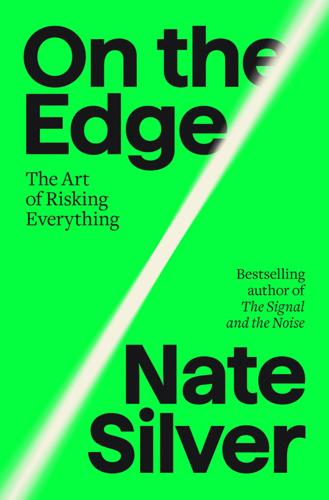
On the Edge: The Art of Risking Everything
by Nate Silver · 12 Aug 2024 · 848pp · 227,015 words
is off the charts, even compared to Wall Street. And it is quite proud of this. “We believe in embracing variance, in increasing interestingness,” wrote Marc Andreessen, the Netscape cofounder turned VC whose egg-shaped head is synonymous in the Valley with hard-boiled, stubborn resolve, in his October 2023 “Techno-Optimist
…
it catastrophically collapse than someone who had never done so at all. And Andreessen Horowitz is proud of its investment in Flow. In February 2023, Marc Andreessen invited me to an a16z conference at the spectacularly beautiful Amangiri hotel in Canyon Point, Utah. I thought it would be worth going for the
…
leave it there.” Is VC Success a Self-Fulfilling Prophecy? Andreessen Horowitz is a lot like Harvard. And Founders Fund is a lot like Stanford. Marc Andreessen and Peter Thiel would probably resist the comparison, between Andreessen’s dislike for the Village and Thiel’s skepticism of postsecondary education.[*27] But the
…
a certain collegiality among people in the River. *3 To complicate things a bit, a number of VCs in this chapter, including Khosla, Thiel, and Marc Andreessen, began their lives as founders. But the trend rarely goes the other way. VCs don’t usually leave to go all-in on one company
…
something of a swing voter. He has distanced himself from the faction known as “e/acc” or “effective accelerationism,” a term used by Beff Jezos, Marc Andreessen, and others as a winking dig at effective altruism. (Altman has tipped his hat to e/acc too, once replying “you cannot out accelerate me
…
analogies,” said Jaan Tallinn, a founding engineer at Skype who is now the cofounder of the Centre for the Study of Existential Risk at Cambridge. Marc Andreessen, for instance, is fond of saying that AI models are just math. “Math doesn’t WANT things. It doesn’t have GOALS. It’s just
…
much time in the River, but this seems somewhat hardwired in human nature.) Anyone’s totalizing vision of the future, be it Le Guin’s, Marc Andreessen’s, or mine, is someone else’s nightmare. “Utopia always leaves somebody out,” Émile Torres told me. The Best Arguments for and Against AI Risk
…
7), and the frequency of inventions is inversely related to their TRS magnitude (there are ten TRS 7s for every TRS 8). Techno-optimist: After Marc Andreessen’s “Techno-Optimist Manifesto,” someone who believes that technological growth furthers human interests and should proceed apace with few constraints. Tell (poker): A verbal or
…
in Los Gatos, California; web.stanford.edu/class/e145/2007_fall/materials/noyce.html [inactive]. GO TO NOTE REFERENCE IN TEXT 2023 “Techno-Optimist Manifesto”: Marc Andreessen, “The Techno-Optimist Manifesto,” Andreessen Horowitz, October 16, 2023, a16z.com/the-techno-optimist-manifesto. GO TO NOTE REFERENCE IN TEXT “being uniquely careful”: Vitalik
…
27, 2023, vitalik.eth.limo/general/2023/11/27/techno_optimism.html#ai. GO TO NOTE REFERENCE IN TEXT a given fund: Per interview with Marc Andreessen. GO TO NOTE REFERENCE IN TEXT sworn to secrecy: Chamath Palihapitiya et al., “#AIS: FiveThirtyEight’s Nate Silver on How Gamblers Think,” All-In with
…
TO NOTE REFERENCE IN TEXT Andreessen, who had: Dawn Chmielewski, “Asked Why He Supports Clinton over Trump, Marc Andreessen Responds: ‘Is That a Serious Question?,’ ” Vox, June 14, 2016, vox.com/2016/6/14/11940052/marc-andreessen-donald-trump-hillary-clinton. GO TO NOTE REFERENCE IN TEXT the “cross hairs”: Mike Isaac, “Facebook, in
…
Research Institute, July 10, 2023, static1.squarespace.com/static/635693acf15a3e2a14a56a4a/t/64f0a7838ccbf43b6b5ee40c/1693493128111/XPT.pdf. GO TO NOTE REFERENCE IN TEXT “Math doesn’t WANT”: Marc Andreessen (@pmarca), “The obvious counterargument to AI foom et al arguments is that they are category error. Math doesn’t WANT things. It doesn’t have
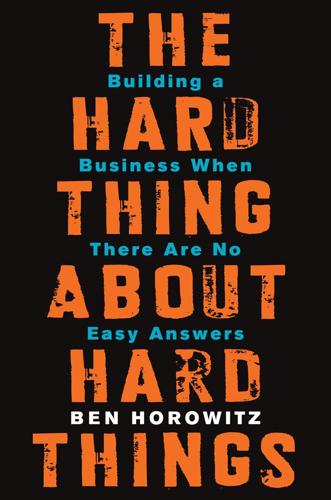
The Hard Thing About Hard Things: Building a Business When There Are No Easy Answers
by Ben Horowitz · 4 Mar 2014 · 270pp · 79,068 words
Internet. Several months later, I read about a company called Netscape, which had been cofounded by former Silicon Graphics founder Jim Clark and Mosaic inventor Marc Andreessen. I instantly decided that I should interview for a job there. I called a friend who worked at Netscape and asked if he could get
…
schooling. The next day the hiring manager called back to let me know that they wanted me to interview with cofounder and Chief Technical Officer Marc Andreessen. He was twenty-two years old at the time. In retrospect, it’s easy to think both the Web browser and the Internet were inevitable
…
technologies such as replication were incisive and on point. After the interview, I phoned my brother and told him that I’d just interviewed with Marc Andreessen, and I thought that he might be the smartest person I’d ever met. A week later, I got the job. I was thrilled. I
…
telling Mike or me, revealed the entire strategy to the publication Computer Reseller News. I was livid. I immediately sent him a short email: To: Marc Andreessen Cc: Mike Homer From: Ben Horowitz Subject : Launch I guess we’re not going to wait until the 5th to launch the strategy. — Ben Within
…
fifteen minutes, I received the following reply. To: Ben Horowitz Cc: Mike Homer, Jim Barksdale (CEO), Jim Clark (Chairman) From: Marc Andreessen Subject: Re: Launch Apparently you do not understand how serious the situation is. We are getting killed killed killed out there. Our current product is
…
IPO. Six months in, we had nearly two hundred employees. Silicon Valley was on fire, and Loudcloud was billed in a Wired cover story as “Marc Andreessen’s second coming.” We traded our first office—where you’d blow a circuit if you ran the microwave and coffeemaker at the same time
…
and hired, losing all my investors’ money, jeopardizing all the customers who trusted us with their business—made it difficult to concentrate on the possibilities. Marc Andreessen attempted to cheer me up with a not-so-funny-at-the-time joke: Marc: “Do you know the best thing about startups?” Ben: “What
…
war and I needed a wartime general. I needed Mark Cranney. As a final step in making the hire, I needed to explain it to Marc Andreessen. As cofounder and chairman of the board, Marc’s opinion mattered deeply to the board and Marc was still uncomfortable with Cranney. Marc trusted me
…
have Chief Marketing Officers, Chief Revenue Officers, Chief People Officers, and Chief Snack Officers? There are two schools of thought regarding this, one represented by Marc Andreessen and the other by Mark Zuckerberg. Andreessen argues that people ask for many things from a company: salary, bonus, stock options, span of control, and
…
down? Why did so few startup advisers and venture capitalists have any experience starting companies? As these thoughts rolled around in my head, I sent Marc Andreessen an instant message: “We ought to start a venture capital firm. Our motto for general partners would be ‘some experience required’ as in some experience
…
a good idea and then put in long hours helping me edit it. None of this would have been possible without my longtime business partner Marc Andreessen seeing things in me that nobody else did. Beyond that, it’s been amazing to work with him for the past eighteen years. He’s
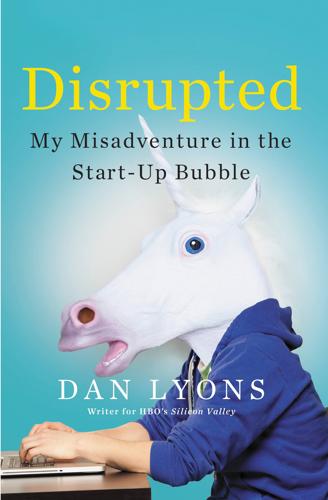
Disrupted: My Misadventure in the Start-Up Bubble
by Dan Lyons · 4 Apr 2016 · 284pp · 92,688 words
bubble, AOL acquired Netscape in a deal worth $10 billion when it closed. After that Netscape more or less disappeared. Yet one Netscape co-founder, Marc Andreessen, reportedly walked away with shares worth nearly $100 million. Another co-founder, Jim Clark, reportedly made $2 billion. “On the Internet, nobody knows you’re
…
running the full photograph, I will just show you two of the people in it: The one on the left, with the cone head, is Marc Andreessen of Andreessen Horowitz. The one on the right is John Doerr of Kleiner Perkins Caufield & Byers. Look how smug they are, how sure of themselves
…
him,” one Boston-based venture capitalist says. “Every time I meet with a start-up, the first question they ask me is, ‘Do you know Marc Andreessen? Can you introduce us to him?’ He’s like a rock star.” Says another venture capitalist: “If you take money from Andreessen Horowitz, your valuation
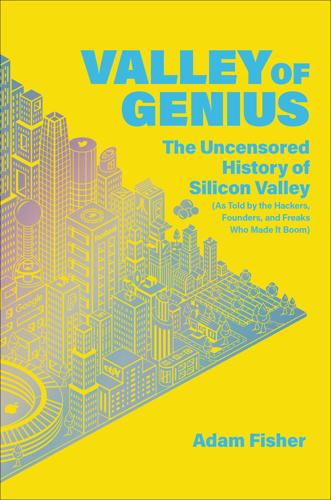
Valley of Genius: The Uncensored History of Silicon Valley (As Told by the Hackers, Founders, and Freaks Who Made It Boom)
by Adam Fisher · 9 Jul 2018 · 611pp · 188,732 words
French physics lab. The embryonic web was a geeky but efficient way to link a couple thousand physicists to a tiny number of supercomputers. Then Marc Andreessen, an American student working at NCSA, the National Center for Supercomputing Applications at the University of Illinois, built NCSA Mosaic—the first decent web browser
…
then the Mosaic browser becomes Netscape. Suddenly you had a unified front end for the internet. Netscape was founded by two people: Jim Clark and Marc Andreessen. At the time Jim Clark was already a Silicon Valley legend. In grad school in the seventies, Clark had worked out the fundamental math behind
…
Silicon Graphics Incorporated (SGI), one of the decade’s highest-flying computer companies. Then in the nineties Clark abruptly quit SGI and teamed up with Marc Andreessen—a young Silicon Valley newbie—to form Netscape. The mission was to rebuild and reimagine the NCSA Mosaic browser—they were going to drag the
…
made what would now be called a graphics processing unit. The company grew to be quite large, $4 billion a year and ten thousand employees. Marc Andreessen: Silicon Graphics at that time was what Google is today—the best technology company in the Valley. It was the one that everyone wanted to
…
Clark: SGI was a hardware business, and it became a workstation business, and we ended up being the biggest high-end workstation company out there. Marc Andreessen: It was just a great company. John Giannandrea: Jim was like this macho kind of hardware guy. He would come into the lab late at
…
to recruit them wherever I go. And I do not have any ideas about what I am going to do.” He says, “You should call Marc Andreessen.” I said, “Who is that?” He went over, he pulled a web browser down from University of Illinois, opened a search, and typed
…
, “Marc Andreessen.” It came up with this page and he says, “There you go. Just read that,” and walked away. Marc Andreessen: Mosaic was very successful and so I had gotten a whole bunch of job offers coming
…
company. I would like to know if you would like to get together and join me to talk about that.” Ten minutes later, he responded. Marc Andreessen: I said, “I know who you are.” Jim Clark: We thrashed around literally for months, meeting a couple times a week. My wife would cook
…
Illinois because they are all interviewing for jobs right now.” And I said, “Well, what do you want to do? Have you got any ideas?” Marc Andreessen: Remember this is in early ’94. The prevailing view, in the business world and in the world at large, was the internet is not a
…
that it wasn’t serious. Jim Clark: The world was basically saying, “You are crazy. You cannot make money on the internet, it is free.” Marc Andreessen: We were talking one day and we said, “Well, this internet thing—no one takes it seriously but it’s growing vertically…” Jim Clark: All
…
Mosaic for a year and see that it grew to a million users, and I figured there was a network effect of people getting online. Marc Andreessen: The idea was to basically do a new version of Mosaic but from scratch, and in particular do it as a real product. Jim Clark
…
for the dynamic web that we know of today: We started to treat the web more like an application rather than a series of pages. Marc Andreessen: Think of each website as an application, and every single click, every single interaction with that site, is an opportunity to be on the very
…
but with kind of a wink-wink. We were really saying, “Well, if anyone wants to download it, just download it.” It was freely available. Marc Andreessen: There was a clause in the license that said if you use it for business, you have to pay for it. John Giannandrea: The core
…
. People were like, “Yeah, absolutely, it is useful software, we love it! We will give you money.” And our revenues just ballooned. It was ridiculous. Marc Andreessen: The browser was intended to be a loss leader, but revenue shot up like a rocket because that split license worked! I mean, we never
…
at the readership that was close at hand: That’s the people who were working on the web. So they take aim at Netscape and Marc Andreessen. Webster (writing in Suck): If it’s all too seldom that people know when their fifteen minutes are up, it’s rarer still when these
…
what meager gimmickry (quote unquote talent) thrust them into the limelight. And if ever there were a one-trick pony on the Web, it’s Marc Andreessen… Joey Anuff: After Netscape popped and it became possible to become a millionaire off of the internet, or a “Mozillionaire” as we dubbed it, that
…
, shaking them out would be good, if it was a correction. But it wasn’t. It was a complete turning off of the monetary faucet. Marc Andreessen: In the dot-com crash, all the dot-coms go out of business. Then all of a sudden all the big companies were like, “Oh
…
Valley is ending!” Everyone forgets that 2000 is the second time that the bomb went off in Silicon Valley. The first time was ’83–’84. Marc Andreessen: Then 9/11 happened, which was obviously tragic, and in addition to being tragic, had the effect of shutting down any business that was hanging
…
. Today Altman travels the world visiting and promoting “hackerspaces”—community centers where the tools and expertise needed to make just about anything can be found. Marc Andreessen and a group of young computer science students in Illinois hacked together Mosaic—the first browser to really take advantage of the just-developed hypertext
…
Whedon: Conversations. George Lucas’s quote is from the book To Infinity and Beyond!: The Story of Pixar Animation Studios. Jerry Garcia’s Last Words Marc Andreessen’s quotes are from Henry Blodget’s 2009 video interview in Business Insider and Chris Anderson’s April 2012 interview in Wired. The Check Is
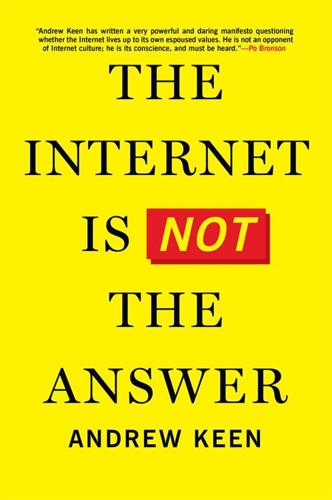
The Internet Is Not the Answer
by Andrew Keen · 5 Jan 2015 · 361pp · 81,068 words
. What is particularly striking is how few people successfully jumped from one train to the other. But one person who did make the leap was Marc Andreessen. Indeed, more than any other single individual, Andreessen was responsible for transforming the nonprofit Internet into a winner-take-all economy. Andreessen had become familiar
…
the telephone.15 It wasn’t, of course. But the email did have profound consequences for the future of the Internet economy. Clark, recognizing both Marc Andreessen’s precocity and the astonishing growth of the Web, saw an opportunity to finally make a Tom Perkins–sized fortune. “So the hell with the
…
the tail of an executive jet he bought with some of his proceeds from the IPO.19 And the just turned twenty-four-year-old Marc Andreessen, who two years earlier had been making $6.85 an hour as a NCSA programmer, was suddenly worth $58 million, thus becoming the first in
…
, Yahoo, eBay, and thousands of failed Internet startups, including my own, an online music website backed by Intel and SAP called AudioCafe. And it crowned Marc Andreessen, who was featured sitting shoeless on the cover of Time magazine in February 1996, as the young disruptive hero of the Internet revolution. But the
…
Web 1.0 and 2.0 periods, the Internet mostly disrupted media, communications, and retail. And so, in the twenty years after Jim Clark and Marc Andreessen founded Netscape in April 1994, Schumpeter’s gale of creative destruction mostly swirled around the photography, music, newspaper, telecommunications, movie, publishing, and retail industries. Over
…
krona, an alternative in which middlemen and thus banks and banking fees are eliminated. Writing in the New York Times to explain “why Bitcoin matters,” Marc Andreessen—who now is the managing partner of Andreessen Horowitz, a $4 billion Silicon Valley venture fund with $50 million invested in Bitcoin-based startups like
…
on you,” Uber boasted in advertising UberCHOPPER. “This is the epitome of luxury, convenience, and style.”116 “Uber is software [that] eats taxis,” an admiring Marc Andreessen stated in describing the San Francisco–based transportation service.117 Yet that’s not all it eats. Tom Perkins promised that Silicon Valley’s one
…
company in Silicon Valley, where it is “seen as the messiah” and the next $100 billion Internet sensation by San Francisco’s tech crowd.119 Marc Andreessen certainly admires the customer-friendliness of the mobile service. “You watch the car on the map on your phone as it makes its way to
…
. It’s the creative destruction inflicted by distributed capitalist networks like Uber or Airbnb, in which anyone can become a cabdriver or a hotelier. And Marc Andreessen—whose Mosaic Web browser opened the Internet’s moneyed second act—is right. Uber is certainly going to be a “killer experience” for its early
…
his “aha” moment, the kind of alchemic epiphany that transformed a serial failure who’d missed both the Facebook and Twitter boats into the next Marc Andreessen. What if this app featured filters? Systrom thought. What if it enabled its users to create photos that had a warm and fuzzy glow, the
…
become “a second plotline” for its 150 million users with Meanwhile on Instagram being the preface for a whole generation of Internet users. “Software,” as Marc Andreessen likes to boast, “is eating the world.”44 Everybody wins. One hundred and fifty million people can’t be wrong? Right? Wrong. “There’s a
…
ride the startup till its inevitable IPO, love Uber, of course. “Uber is software [that] eats taxis. . . . It’s a killer experience,” you’ll remember Marc Andreessen enthused.10 Tragically, that’s all too true. On New Year’s Eve 2013, an Uber driver accidentally ran over and killed a six-year
…
in a world without print newspapers. Charles Leadbeater says the Web has lost its way. Emily Bell frets about our new media one percent economy. Marc Andreessen is concerned with the impact of anonymous networks on civic life. MIT’s Ethan Zuckerman worries that the Internet’s “Original Sin,” its reliance on
…
. 105 Evan Spiegel, LA Hacks Keynote Address, April 11, 2014. 106 Joseph A. Schumpeter, Capitalism, Socialism and Democracy (New York: Routledge, 2005), p. 83. 107 Marc Andreessen, “Why Bitcoin Matters,” New York Times, January 21, 2014. 108 Ibid. 109 Colin Lecher, “How Did a $10 Potato Salad Kickstarter Raise More than $30
…
Francisco Split by Silicon Valley’s Wealth,” Los Angeles Times, August 14, 2013. 117 Paul Sloan, “Marc Andreessen: Predictions for 2012 (and Beyond),” CNET, December 19, 2011, news.cnet.com/8301-1023_3-57345138-93/marc-andreessen-predictions-for-2012-and-beyond. 118 Mark Scott, “Traffic Snarls in Europe as Taxi Drivers Protest Against
…
Patch for Uber’s Challenge to Taxis,” New York Times, January 26, 2014. 10 Paul Sloan, “Marc Andreessen: Predictions for 2012 (and Beyond),” CNET, December 19, 2011, news.cnet.com/8301-1023_3-57345138-93/marc-andreessen-predictions-for-2012-and-beyond. 11 Jordan Novet, “Confirmed: Uber Driver Killed San Francisco Girl in Accident
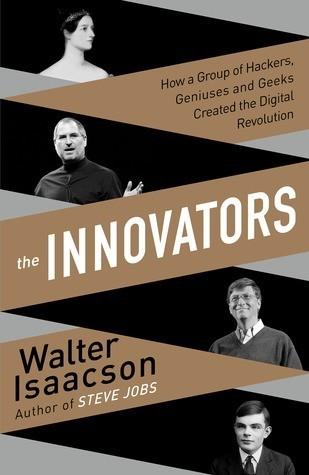
The Innovators: How a Group of Inventors, Hackers, Geniuses and Geeks Created the Digital Revolution
by Walter Isaacson · 6 Oct 2014 · 720pp · 197,129 words
WELL. CVC launches Q-Link, which becomes AOL. 1991 Linus Torvalds releases first version of Linux kernel. Tim Berners-Lee announces World Wide Web. 1993 Marc Andreessen announces Mosaic browser. Steve Case’s AOL offers direct access to the Internet. 1994 Justin Hall launches Web log and directory. HotWired and Time Inc
…
public dollars, but it paid off thousands of times over by seeding a new economy and an era of economic growth. Tim Berners-Lee (1955– ). Marc Andreessen (1971– ). Justin Hall (1974– ) and Howard Rheingold (1947– ) in 1995. CHAPTER ELEVEN THE WEB There was a limit to how popular the Internet could be
…
said more than two decades later. “I had no idea that people would put literally everything on it.”32 Yes, everything. Enquire Within Upon Everything. MARC ANDREESSEN AND MOSAIC For people to summon forth sites on the Web, they needed a piece of client software on their own computers that became known
…
-Champaign, which had been funded by the Gore Act. The man, or overgrown kid, most responsible for Mosaic was a gentle but intense undergraduate named Marc Andreessen, a corn-fed six-foot-four jolly giant born in Iowa in 1971 and raised in Wisconsin. Andreessen was a fan of the pioneers of
…
them to the beauty of both. ACKNOWLEDGMENTS I want to thank the people who gave me interviews and provided information, including Bob Albrecht, Al Alcorn, Marc Andreessen, Tim Berners-Lee, Stewart Brand, Dan Bricklin, Larry Brilliant, John Seeley Brown, Nolan Bushnell, Jean Case, Steve Case, Vint Cerf, Wes Clark, Steve Crocker, Lee
…
, 2011. 34. Berners-Lee, Weaving the Web, 56. 35. Gillies and Cailliau, How the Web Was Born, 217. 36. Author’s interview with Marc Andreessen. 37. Author’s interview with Marc Andreessen. 38. Robert Reid, Architects of the Web (Wiley, 1997), 7. 39. Gillies and Cailliau, How the Web Was Born, 239; alt.hypertext
…
, 12:22:43 GMT, http://www.jmc.sjsu.edu/faculty/rcraig/mosaic.txt. 40. Author’s interview with Marc Andreessen. 41. Gillies and Cailliau, How the Web Was Born, 240. 42. Author’s interview with Marc Andreessen. 43. Berners-Lee, Weaving the Web, 70; author’s interview with Tim Berners-Lee. 44. Author’s
…
interview with Marc Andreessen. 45. Author’s interview with Tim Berners-Lee. 46. Berners-Lee, Weaving the Web, 70. 47. Berners
…
, Martin Nisenholtz, and Paul Sagan, “Riptide,” Harvard Kennedy School, http://www.niemanlab.org/riptide/. 51. Author’s interview with Marc Andreessen. 52. Author’s interview with Tim Berners-Lee. 53. Author’s interview with Marc Andreessen. 54. John Markoff, “A Free and Simple Computer Link,” New York Times, Dec. 8, 1993. 55. This section
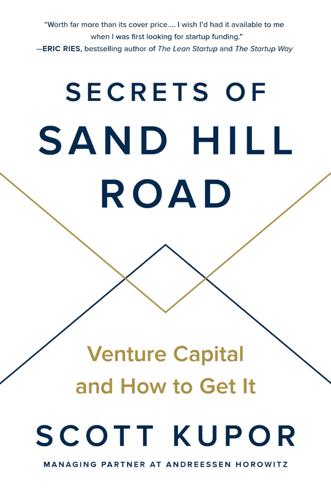
Secrets of Sand Hill Road: Venture Capital and How to Get It
by Scott Kupor · 3 Jun 2019 · 340pp · 100,151 words
I had worked with to help them prepare for the IPO told me he was leaving to join a new startup called LoudCloud. Cofounded by Marc Andreessen, the already revered cofounder of Netscape, LoudCloud was trying to create a compute utility (much like Amazon Web Services has now created). Among the other
…
was happening around me, and I wanted to be a part of it. When my friend at E.piphany offered me the chance to meet Marc Andreessen and Ben Horowitz and see what they were doing, it was too much to pass up. My wife, who was about five months pregnant at
…
the changing balance of power between entrepreneurs and VCs. Something More And that takes us to the founding of Andreessen Horowitz, started in 2009 by Marc Andreessen and Ben Horowitz. What Marc and Ben saw was this fundamental shift in the landscape that would no longer make access to capital alone a
…
meeting with a VC go smoothly. CHAPTER 7 Raising Money from a VC Before you get too excited thinking this is where I give you Marc Andreessen’s secret email address, this chapter simply asks the fundamental questions: Should you raise venture capital? If so, how much? And at what valuation? Once
…
from a venture firm is a huge one, and my personal motto about most things is Better to be informed. The Evolution of VC When Marc Andreessen and Ben Horowitz started Andreessen Horowitz, they were contemplating building a different type of venture firm from those already in the market. In particular, we
…
proceeding toward negotiation of definitive agreements. COMPANY XYZ, INC. VENTURE CAPITAL FUND I, L.P. By: By: Name: Name: Title: Title: Date: Date: ACKNOWLEDGMENTS When Marc Andreessen and Ben Horowitz reached out to me in 2008 to ask if I would join them on the a16z journey, I have to admit that
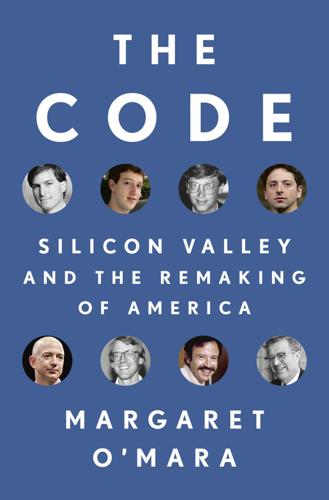
The Code: Silicon Valley and the Remaking of America
by Margaret O'Mara · 8 Jul 2019
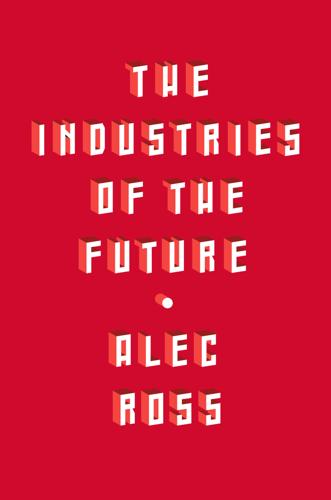
The Industries of the Future
by Alec Ross · 2 Feb 2016 · 364pp · 99,897 words
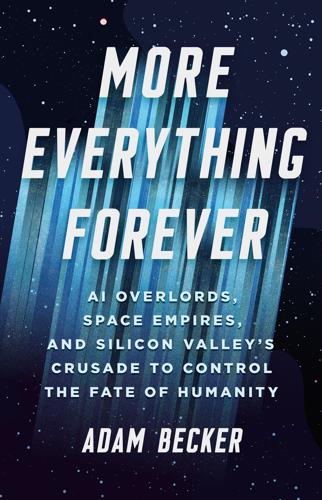
More Everything Forever: AI Overlords, Space Empires, and Silicon Valley's Crusade to Control the Fate of Humanity
by Adam Becker · 14 Jun 2025 · 381pp · 119,533 words
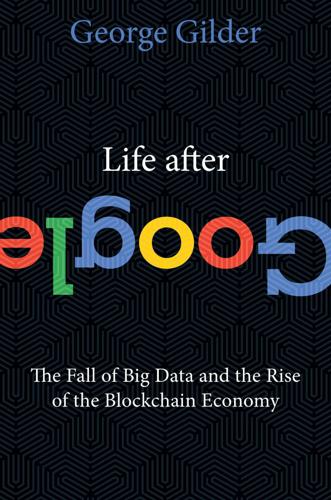
Life After Google: The Fall of Big Data and the Rise of the Blockchain Economy
by George Gilder · 16 Jul 2018 · 332pp · 93,672 words
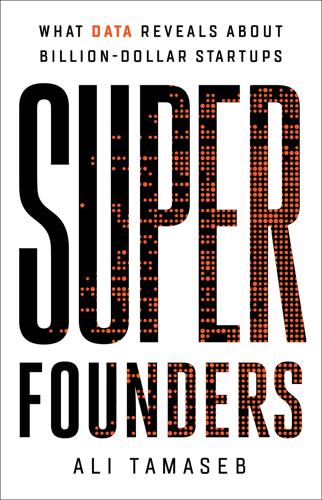
Super Founders: What Data Reveals About Billion-Dollar Startups
by Ali Tamaseb · 14 Sep 2021 · 251pp · 80,831 words
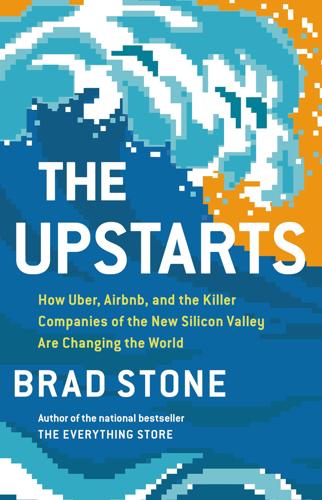
The Upstarts: How Uber, Airbnb, and the Killer Companies of the New Silicon Valley Are Changing the World
by Brad Stone · 30 Jan 2017 · 373pp · 112,822 words
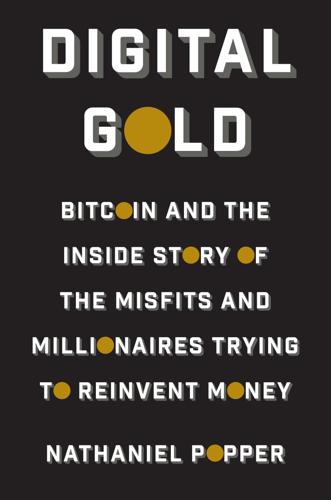
Digital Gold: Bitcoin and the Inside Story of the Misfits and Millionaires Trying to Reinvent Money
by Nathaniel Popper · 18 May 2015 · 387pp · 112,868 words
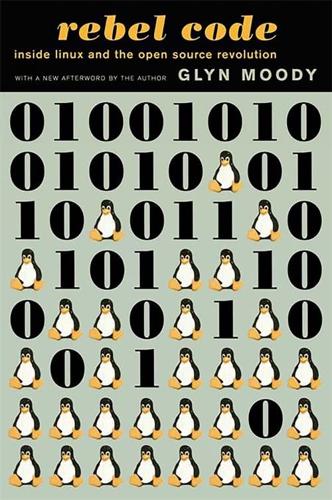
Rebel Code: Linux and the Open Source Revolution
by Glyn Moody · 14 Jul 2002 · 483pp · 145,225 words
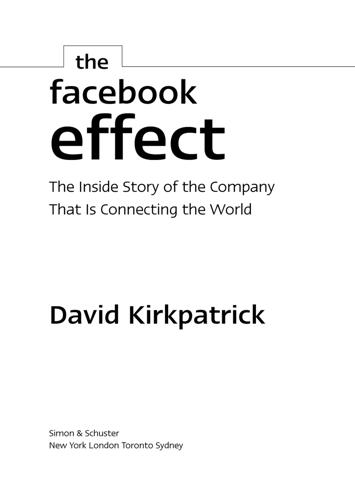
The Facebook Effect
by David Kirkpatrick · 19 Nov 2010 · 455pp · 133,322 words
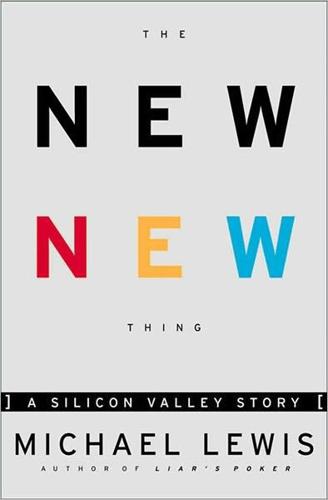
The New New Thing: A Silicon Valley Story
by Michael Lewis · 29 Sep 1999 · 146pp · 43,446 words
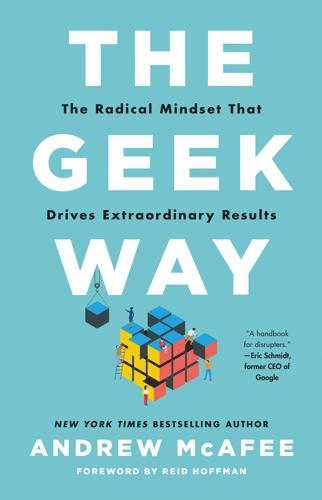
The Geek Way: The Radical Mindset That Drives Extraordinary Results
by Andrew McAfee · 14 Nov 2023 · 381pp · 113,173 words
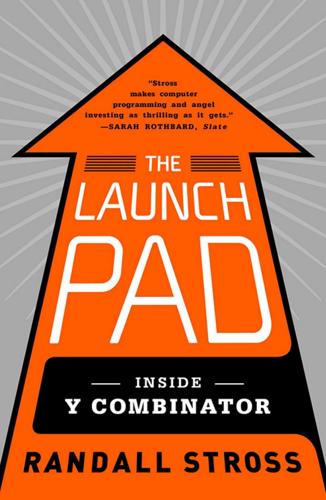
The Launch Pad: Inside Y Combinator, Silicon Valley's Most Exclusive School for Startups
by Randall Stross · 4 Sep 2013 · 332pp · 97,325 words
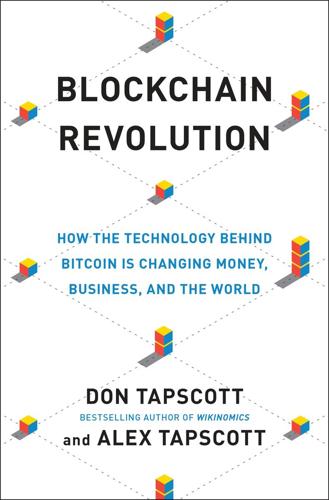
Blockchain Revolution: How the Technology Behind Bitcoin Is Changing Money, Business, and the World
by Don Tapscott and Alex Tapscott · 9 May 2016 · 515pp · 126,820 words
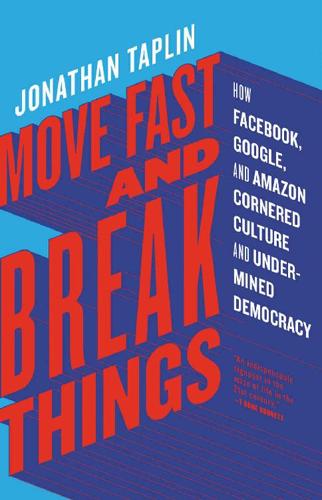
Move Fast and Break Things: How Facebook, Google, and Amazon Cornered Culture and Undermined Democracy
by Jonathan Taplin · 17 Apr 2017 · 222pp · 70,132 words
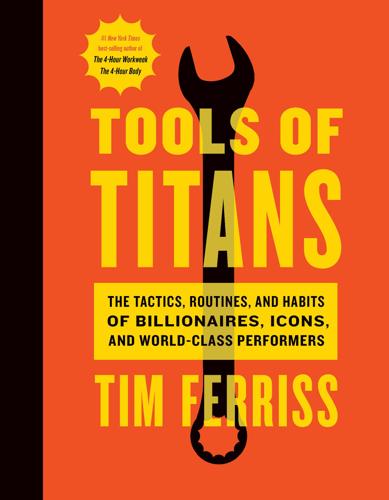
Tools of Titans: The Tactics, Routines, and Habits of Billionaires, Icons, and World-Class Performers
by Timothy Ferriss · 6 Dec 2016 · 669pp · 210,153 words
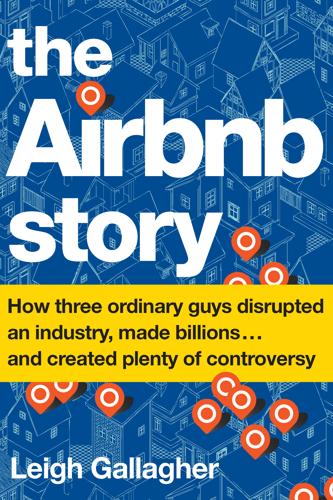
The Airbnb Story: How Three Ordinary Guys Disrupted an Industry, Made Billions...and Created Plenty of Controversy
by Leigh Gallagher · 14 Feb 2017 · 290pp · 87,549 words
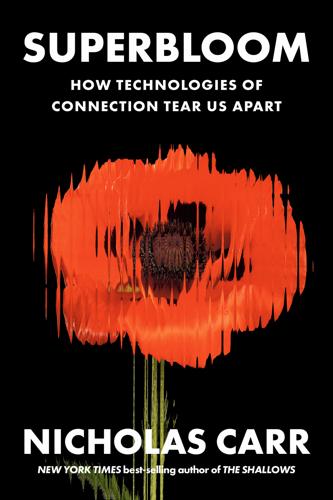
Superbloom: How Technologies of Connection Tear Us Apart
by Nicholas Carr · 28 Jan 2025 · 231pp · 85,135 words
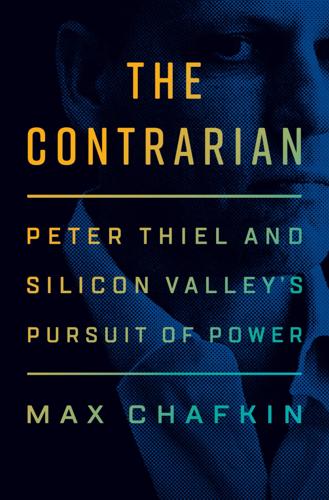
The Contrarian: Peter Thiel and Silicon Valley's Pursuit of Power
by Max Chafkin · 14 Sep 2021 · 524pp · 130,909 words
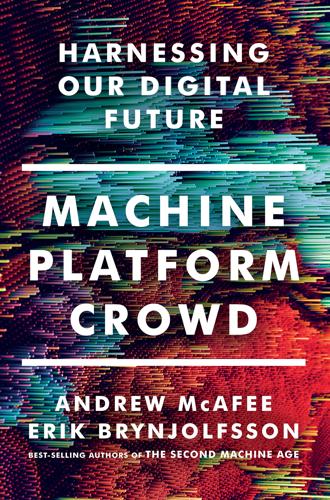
Machine, Platform, Crowd: Harnessing Our Digital Future
by Andrew McAfee and Erik Brynjolfsson · 26 Jun 2017 · 472pp · 117,093 words
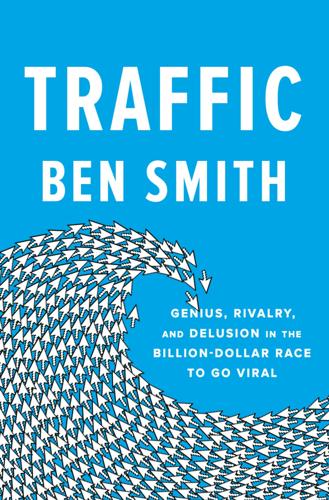
Traffic: Genius, Rivalry, and Delusion in the Billion-Dollar Race to Go Viral
by Ben Smith · 2 May 2023
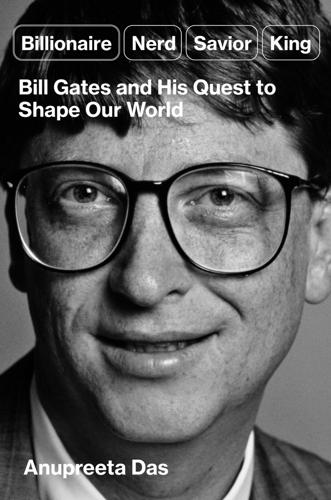
Billionaire, Nerd, Savior, King: Bill Gates and His Quest to Shape Our World
by Anupreeta Das · 12 Aug 2024 · 315pp · 115,894 words
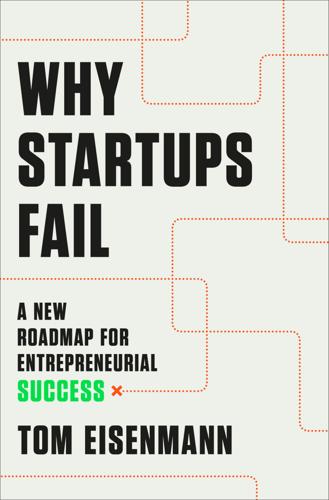
Why Startups Fail: A New Roadmap for Entrepreneurial Success
by Tom Eisenmann · 29 Mar 2021 · 387pp · 106,753 words
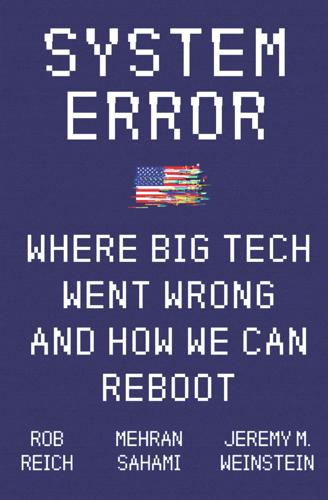
System Error: Where Big Tech Went Wrong and How We Can Reboot
by Rob Reich, Mehran Sahami and Jeremy M. Weinstein · 6 Sep 2021
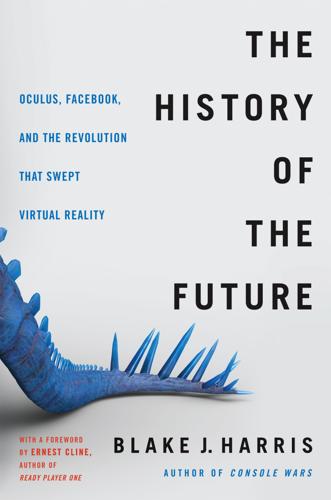
The History of the Future: Oculus, Facebook, and the Revolution That Swept Virtual Reality
by Blake J. Harris · 19 Feb 2019 · 561pp · 163,916 words
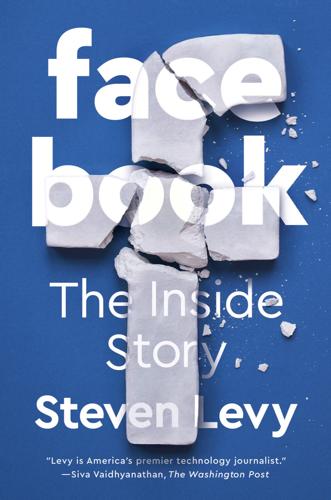
Facebook: The Inside Story
by Steven Levy · 25 Feb 2020 · 706pp · 202,591 words
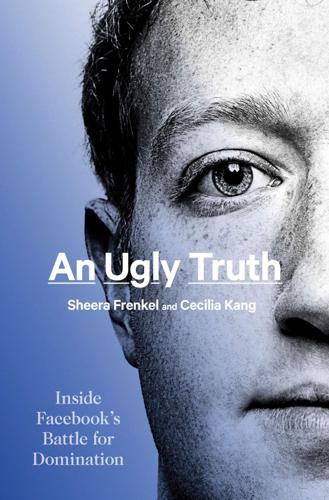
An Ugly Truth: Inside Facebook's Battle for Domination
by Sheera Frenkel and Cecilia Kang · 12 Jul 2021 · 372pp · 100,947 words
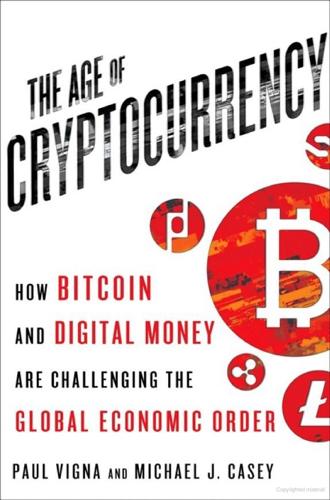
The Age of Cryptocurrency: How Bitcoin and Digital Money Are Challenging the Global Economic Order
by Paul Vigna and Michael J. Casey · 27 Jan 2015 · 457pp · 128,838 words
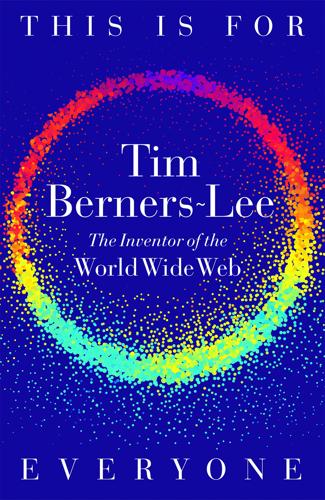
This Is for Everyone: The Captivating Memoir From the Inventor of the World Wide Web
by Tim Berners-Lee · 8 Sep 2025 · 347pp · 100,038 words
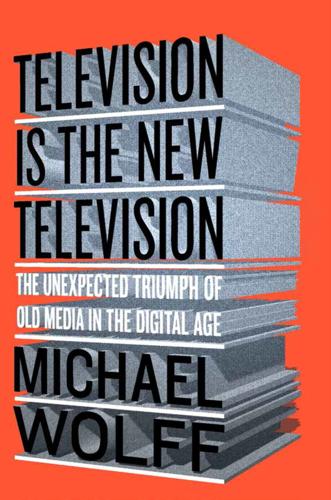
Television Is the New Television: The Unexpected Triumph of Old Media in the Digital Age
by Michael Wolff · 22 Jun 2015 · 172pp · 46,104 words
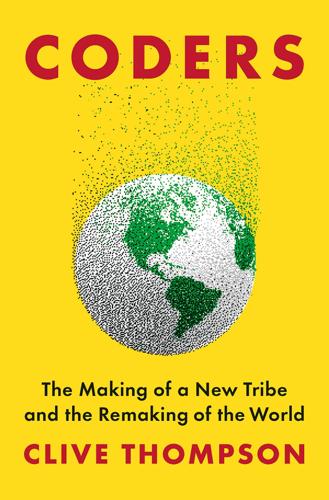
Coders: The Making of a New Tribe and the Remaking of the World
by Clive Thompson · 26 Mar 2019 · 499pp · 144,278 words
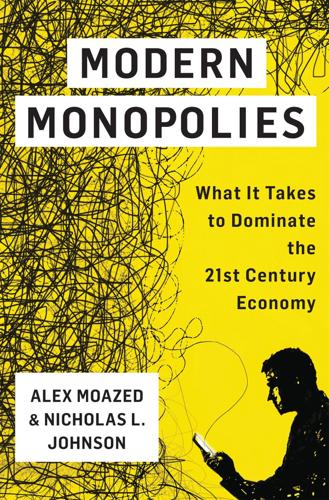
Modern Monopolies: What It Takes to Dominate the 21st Century Economy
by Alex Moazed and Nicholas L. Johnson · 30 May 2016 · 324pp · 89,875 words
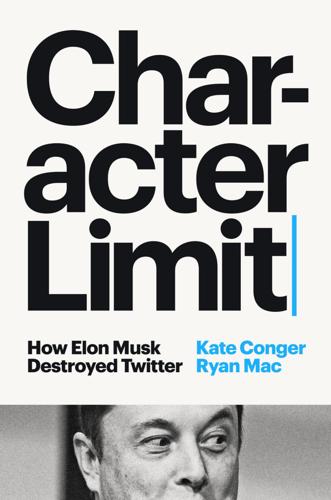
Character Limit: How Elon Musk Destroyed Twitter
by Kate Conger and Ryan Mac · 17 Sep 2024
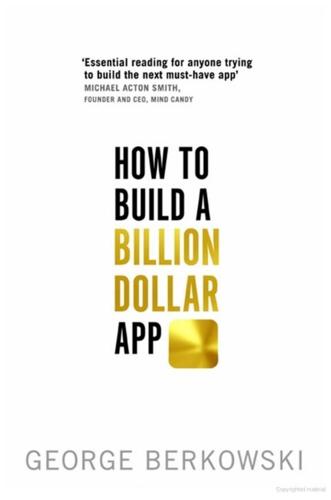
How to Build a Billion Dollar App: Discover the Secrets of the Most Successful Entrepreneurs of Our Time
by George Berkowski · 3 Sep 2014 · 468pp · 124,573 words
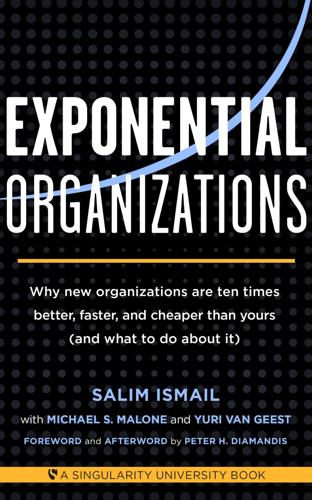
Exponential Organizations: Why New Organizations Are Ten Times Better, Faster, and Cheaper Than Yours (And What to Do About It)
by Salim Ismail and Yuri van Geest · 17 Oct 2014 · 292pp · 85,151 words
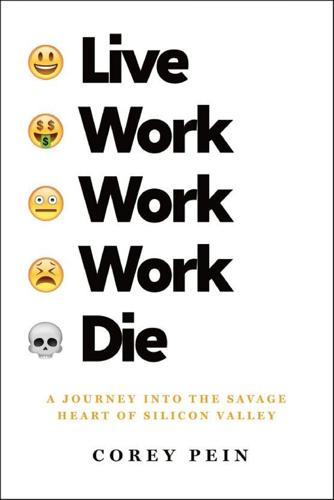
Live Work Work Work Die: A Journey Into the Savage Heart of Silicon Valley
by Corey Pein · 23 Apr 2018 · 282pp · 81,873 words
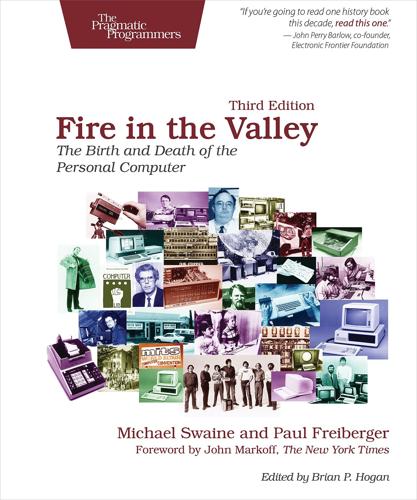
Fire in the Valley: The Birth and Death of the Personal Computer
by Michael Swaine and Paul Freiberger · 19 Oct 2014 · 459pp · 140,010 words
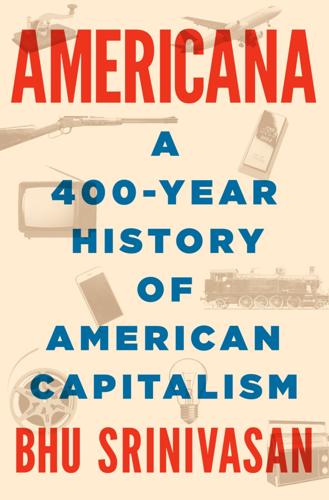
Americana: A 400-Year History of American Capitalism
by Bhu Srinivasan · 25 Sep 2017 · 801pp · 209,348 words
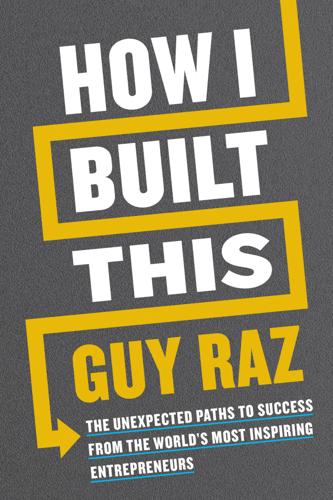
How I Built This: The Unexpected Paths to Success From the World's Most Inspiring Entrepreneurs
by Guy Raz · 14 Sep 2020 · 361pp · 107,461 words
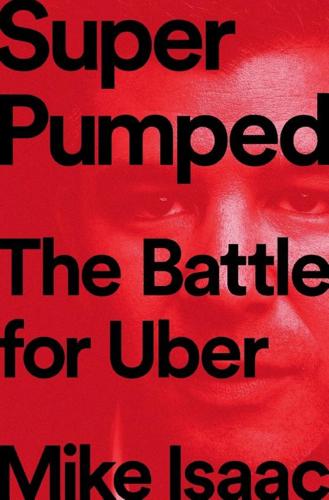
Super Pumped: The Battle for Uber
by Mike Isaac · 2 Sep 2019 · 444pp · 127,259 words
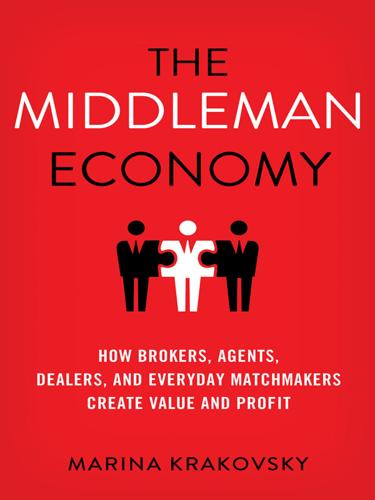
The Middleman Economy: How Brokers, Agents, Dealers, and Everyday Matchmakers Create Value and Profit
by Marina Krakovsky · 14 Sep 2015 · 270pp · 79,180 words
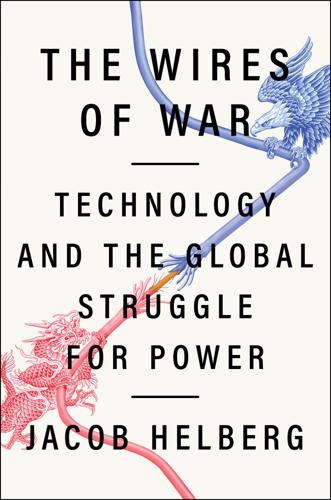
The Wires of War: Technology and the Global Struggle for Power
by Jacob Helberg · 11 Oct 2021 · 521pp · 118,183 words
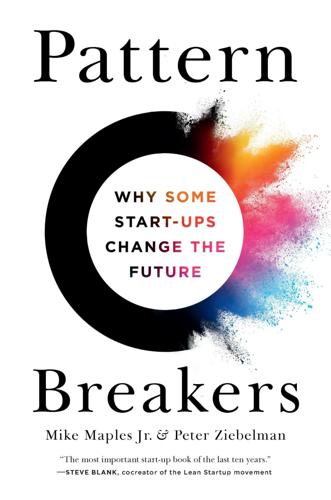
Pattern Breakers: Why Some Start-Ups Change the Future
by Mike Maples and Peter Ziebelman · 8 Jul 2024 · 207pp · 65,156 words
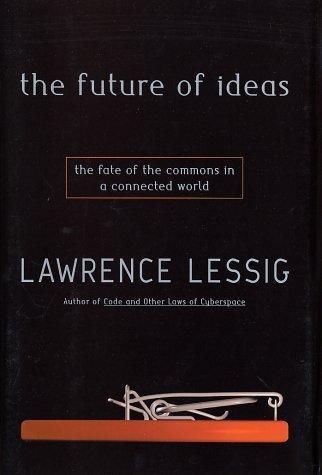
The Future of Ideas: The Fate of the Commons in a Connected World
by Lawrence Lessig · 14 Jul 2001 · 494pp · 142,285 words
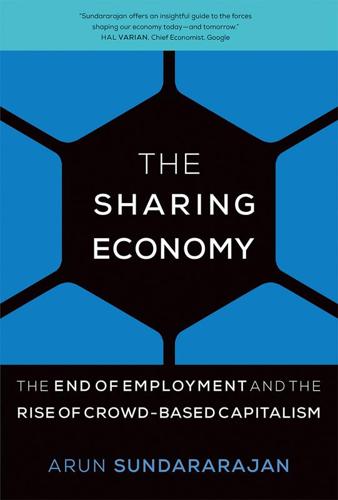
The Sharing Economy: The End of Employment and the Rise of Crowd-Based Capitalism
by Arun Sundararajan · 12 May 2016 · 375pp · 88,306 words
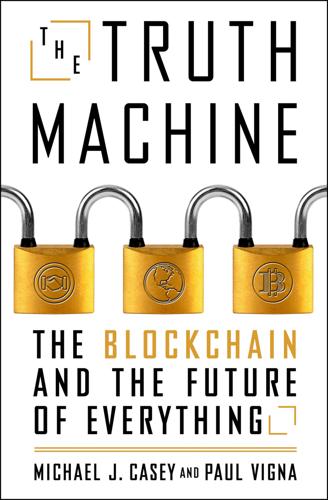
The Truth Machine: The Blockchain and the Future of Everything
by Paul Vigna and Michael J. Casey · 27 Feb 2018 · 348pp · 97,277 words
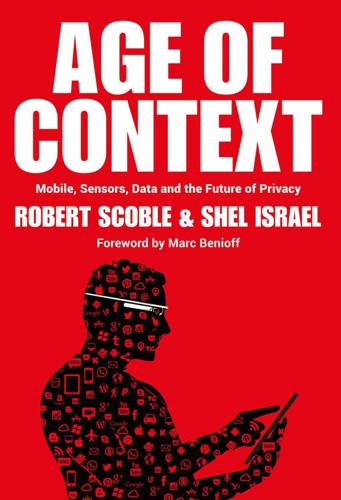
Age of Context: Mobile, Sensors, Data and the Future of Privacy
by Robert Scoble and Shel Israel · 4 Sep 2013 · 202pp · 59,883 words
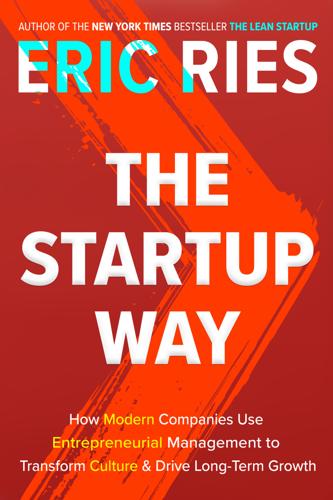
The Startup Way: Making Entrepreneurship a Fundamental Discipline of Every Enterprise
by Eric Ries · 15 Mar 2017 · 406pp · 105,602 words
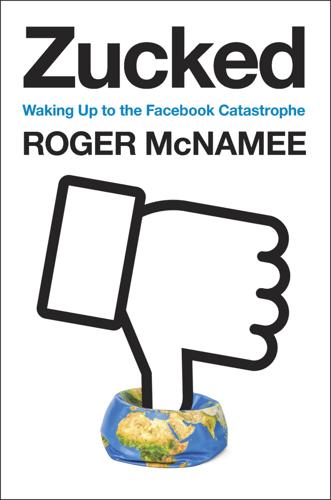
Zucked: Waking Up to the Facebook Catastrophe
by Roger McNamee · 1 Jan 2019 · 382pp · 105,819 words
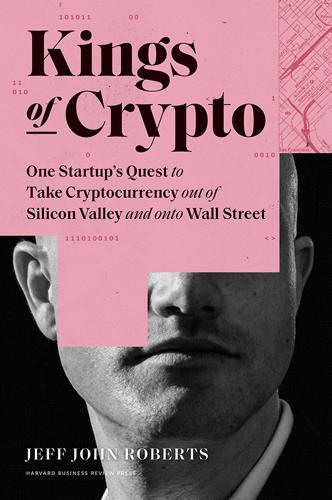
Kings of Crypto: One Startup's Quest to Take Cryptocurrency Out of Silicon Valley and Onto Wall Street
by Jeff John Roberts · 15 Dec 2020 · 226pp · 65,516 words
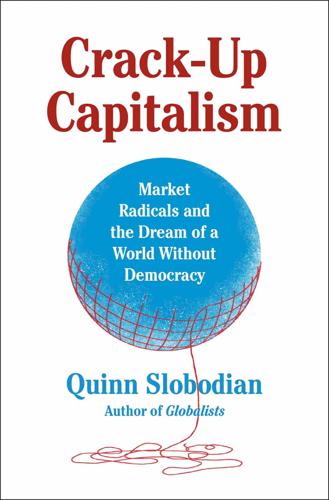
Crack-Up Capitalism: Market Radicals and the Dream of a World Without Democracy
by Quinn Slobodian · 4 Apr 2023 · 360pp · 107,124 words

Mindf*ck: Cambridge Analytica and the Plot to Break America
by Christopher Wylie · 8 Oct 2019
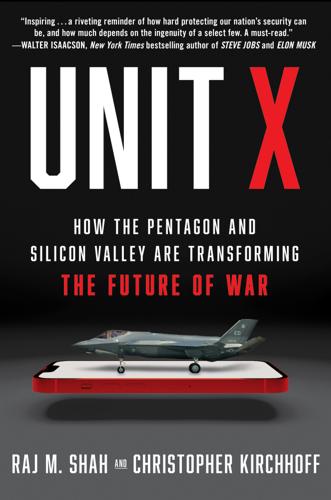
Unit X: How the Pentagon and Silicon Valley Are Transforming the Future of War
by Raj M. Shah and Christopher Kirchhoff · 8 Jul 2024 · 272pp · 103,638 words

No Filter: The Inside Story of Instagram
by Sarah Frier · 13 Apr 2020 · 484pp · 114,613 words
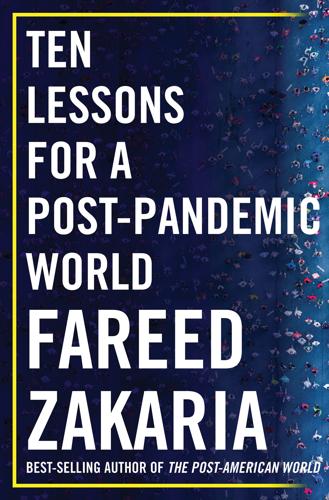
Ten Lessons for a Post-Pandemic World
by Fareed Zakaria · 5 Oct 2020 · 289pp · 86,165 words
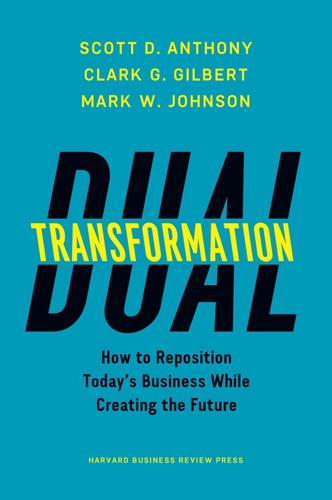
Dual Transformation: How to Reposition Today's Business While Creating the Future
by Scott D. Anthony and Mark W. Johnson · 27 Mar 2017 · 293pp · 78,439 words
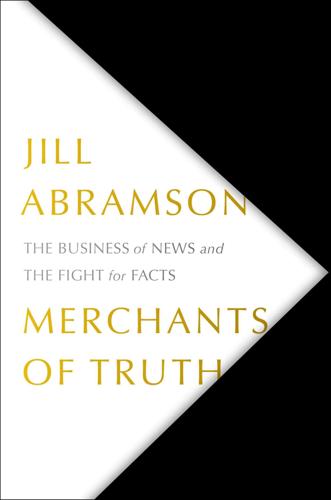
Merchants of Truth: The Business of News and the Fight for Facts
by Jill Abramson · 5 Feb 2019 · 788pp · 223,004 words
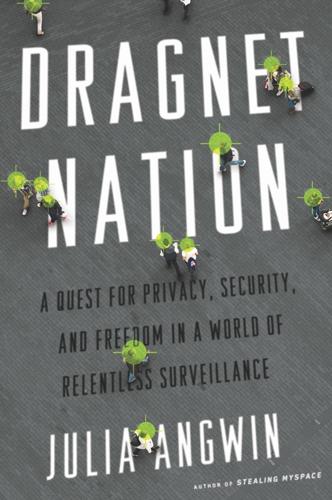
Dragnet Nation: A Quest for Privacy, Security, and Freedom in a World of Relentless Surveillance
by Julia Angwin · 25 Feb 2014 · 422pp · 104,457 words
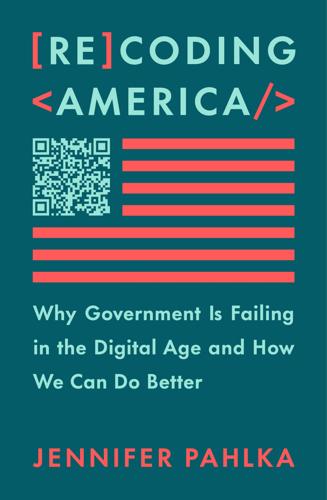
Recoding America: Why Government Is Failing in the Digital Age and How We Can Do Better
by Jennifer Pahlka · 12 Jun 2023 · 288pp · 96,204 words
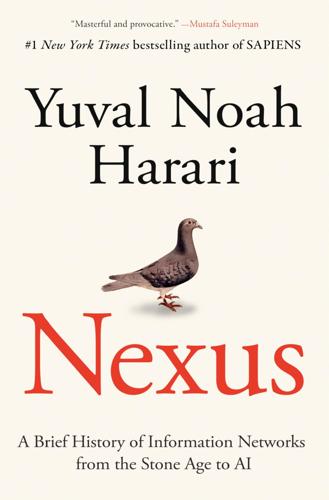
Nexus: A Brief History of Information Networks From the Stone Age to AI
by Yuval Noah Harari · 9 Sep 2024 · 566pp · 169,013 words
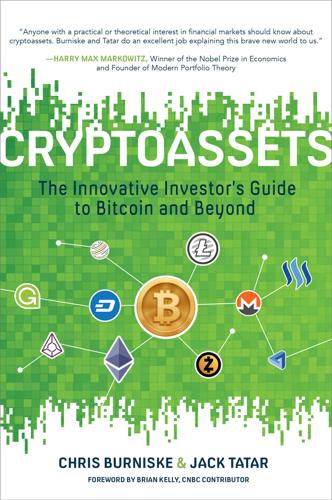
Cryptoassets: The Innovative Investor's Guide to Bitcoin and Beyond: The Innovative Investor's Guide to Bitcoin and Beyond
by Chris Burniske and Jack Tatar · 19 Oct 2017 · 416pp · 106,532 words
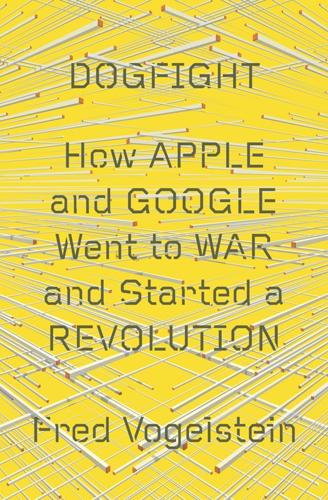
Dogfight: How Apple and Google Went to War and Started a Revolution
by Fred Vogelstein · 12 Nov 2013 · 275pp · 84,418 words
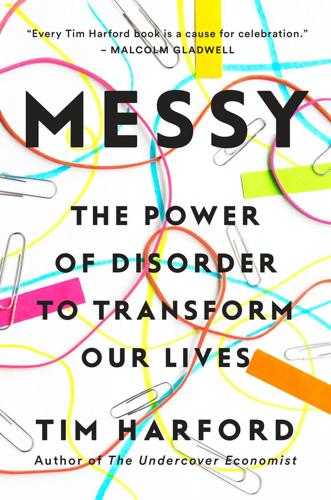
Messy: The Power of Disorder to Transform Our Lives
by Tim Harford · 3 Oct 2016 · 349pp · 95,972 words
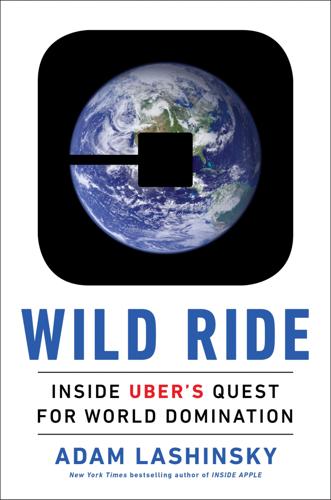
Wild Ride: Inside Uber's Quest for World Domination
by Adam Lashinsky · 31 Mar 2017 · 190pp · 62,941 words
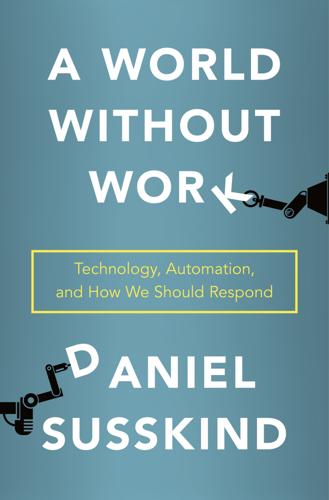
A World Without Work: Technology, Automation, and How We Should Respond
by Daniel Susskind · 14 Jan 2020 · 419pp · 109,241 words
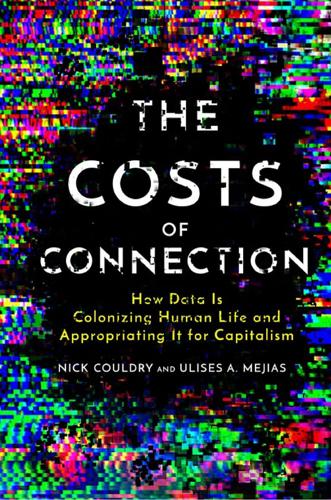
The Costs of Connection: How Data Is Colonizing Human Life and Appropriating It for Capitalism
by Nick Couldry and Ulises A. Mejias · 19 Aug 2019 · 458pp · 116,832 words
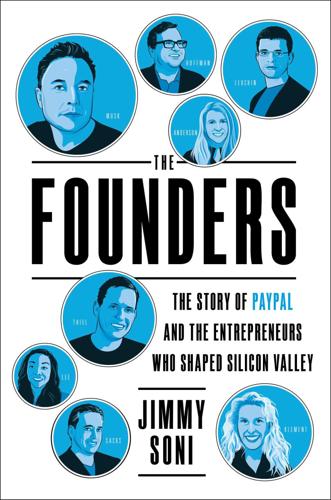
The Founders: The Story of Paypal and the Entrepreneurs Who Shaped Silicon Valley
by Jimmy Soni · 22 Feb 2022 · 505pp · 161,581 words
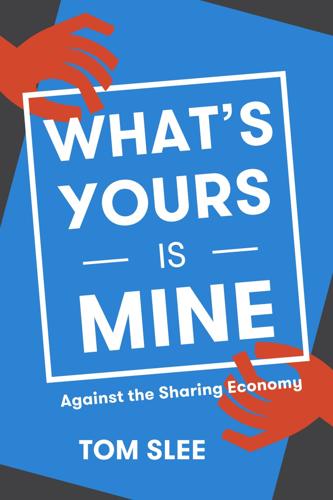
What's Yours Is Mine: Against the Sharing Economy
by Tom Slee · 18 Nov 2015 · 265pp · 69,310 words
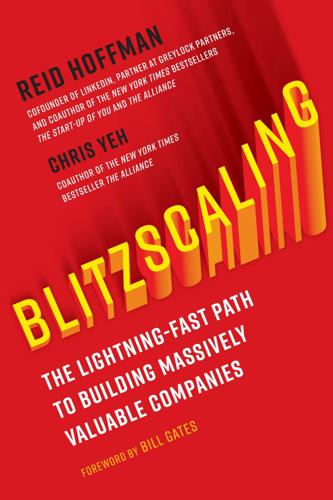
Blitzscaling: The Lightning-Fast Path to Building Massively Valuable Companies
by Reid Hoffman and Chris Yeh · 14 Apr 2018 · 286pp · 87,401 words
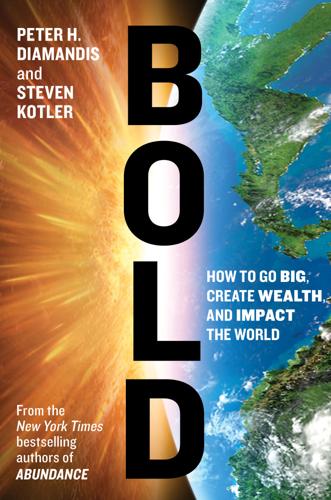
Bold: How to Go Big, Create Wealth and Impact the World
by Peter H. Diamandis and Steven Kotler · 3 Feb 2015 · 368pp · 96,825 words
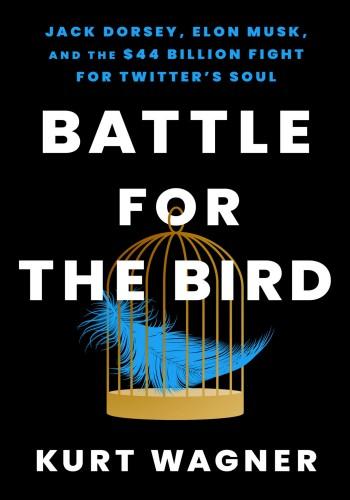
Battle for the Bird: Jack Dorsey, Elon Musk, and the $44 Billion Fight for Twitter's Soul
by Kurt Wagner · 20 Feb 2024 · 332pp · 127,754 words
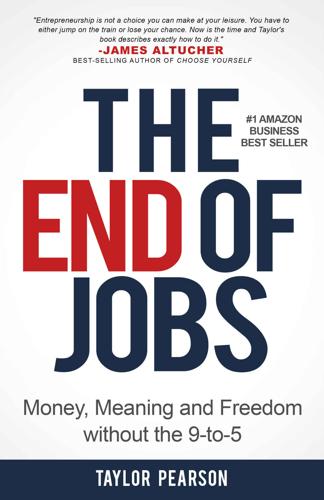
The End of Jobs: Money, Meaning and Freedom Without the 9-To-5
by Taylor Pearson · 27 Jun 2015 · 168pp · 50,647 words
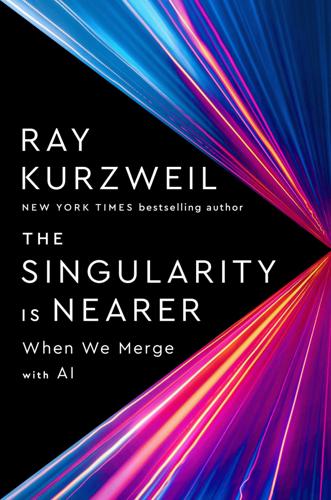
The Singularity Is Nearer: When We Merge with AI
by Ray Kurzweil · 25 Jun 2024
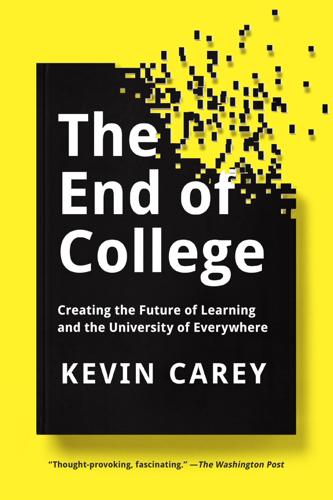
The End of College: Creating the Future of Learning and the University of Everywhere
by Kevin Carey · 3 Mar 2015 · 319pp · 90,965 words
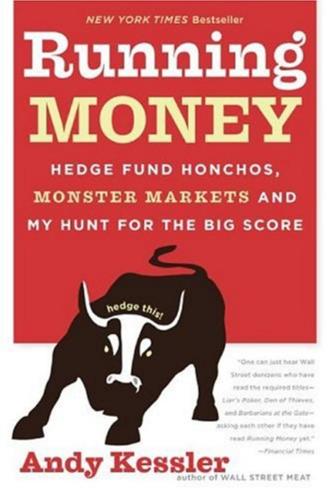
Running Money
by Andy Kessler · 4 Jun 2007 · 323pp · 92,135 words
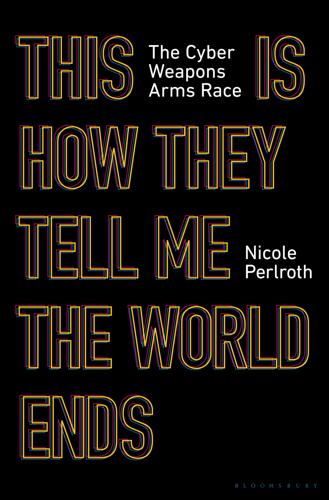
This Is How They Tell Me the World Ends: The Cyberweapons Arms Race
by Nicole Perlroth · 9 Feb 2021 · 651pp · 186,130 words
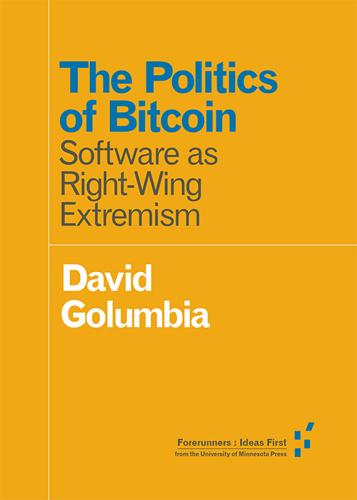
The Politics of Bitcoin: Software as Right-Wing Extremism
by David Golumbia · 25 Sep 2016 · 87pp · 25,823 words
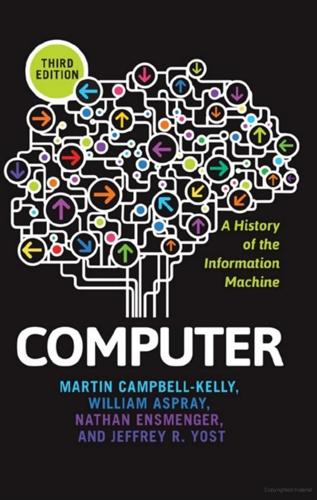
Computer: A History of the Information Machine
by Martin Campbell-Kelly and Nathan Ensmenger · 29 Jul 2013 · 528pp · 146,459 words
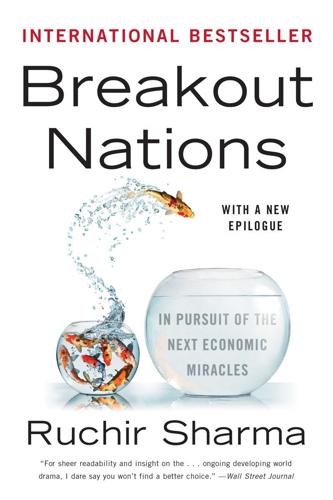
Breakout Nations: In Pursuit of the Next Economic Miracles
by Ruchir Sharma · 8 Apr 2012 · 411pp · 114,717 words
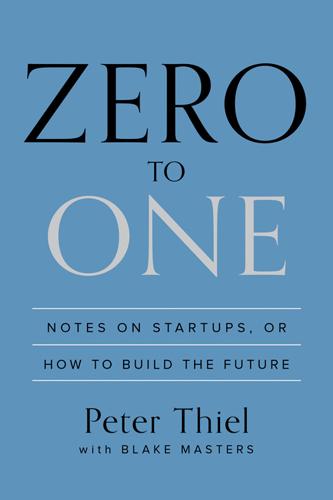
Zero to One: Notes on Startups, or How to Build the Future
by Peter Thiel and Blake Masters · 15 Sep 2014 · 185pp · 43,609 words
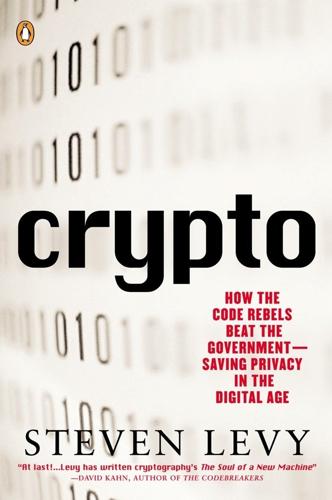
Crypto: How the Code Rebels Beat the Government Saving Privacy in the Digital Age
by Steven Levy · 15 Jan 2002 · 468pp · 137,055 words
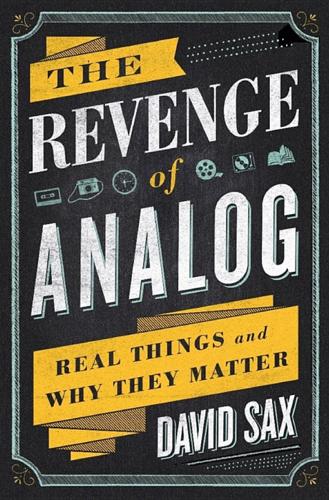
The Revenge of Analog: Real Things and Why They Matter
by David Sax · 8 Nov 2016 · 360pp · 101,038 words
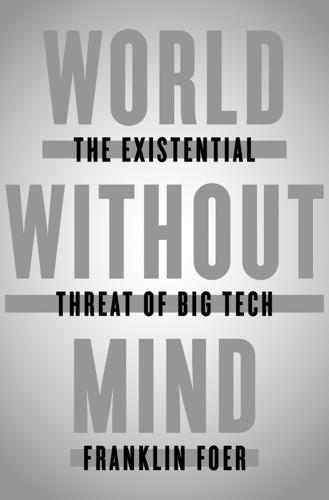
World Without Mind: The Existential Threat of Big Tech
by Franklin Foer · 31 Aug 2017 · 281pp · 71,242 words
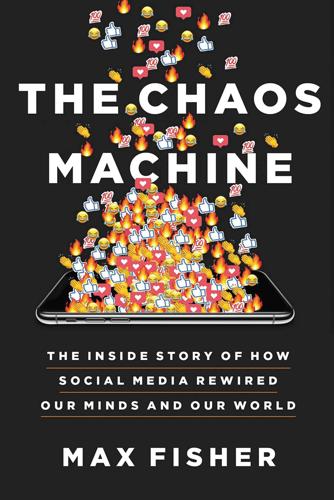
The Chaos Machine: The Inside Story of How Social Media Rewired Our Minds and Our World
by Max Fisher · 5 Sep 2022 · 439pp · 131,081 words
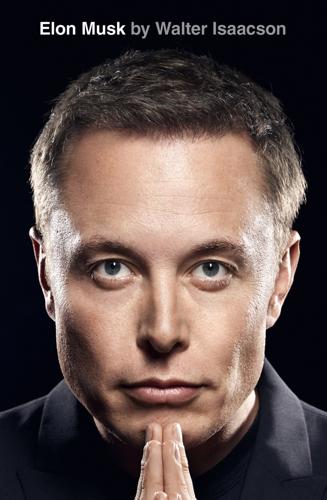
Elon Musk
by Walter Isaacson · 11 Sep 2023 · 562pp · 201,502 words
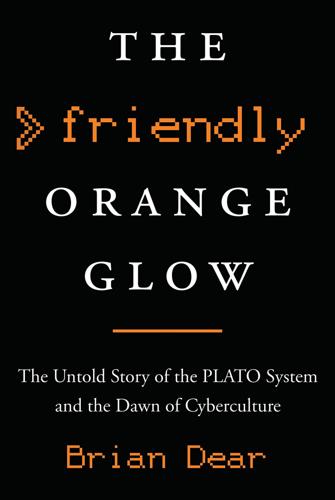
The Friendly Orange Glow: The Untold Story of the PLATO System and the Dawn of Cyberculture
by Brian Dear · 14 Jun 2017 · 708pp · 223,211 words
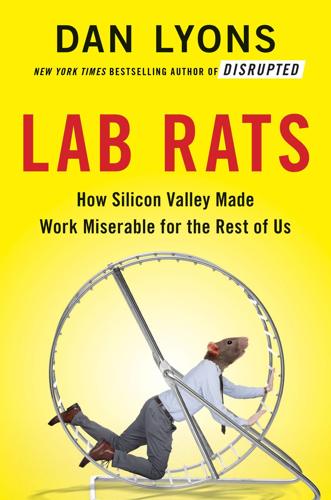
Lab Rats: How Silicon Valley Made Work Miserable for the Rest of Us
by Dan Lyons · 22 Oct 2018 · 252pp · 78,780 words
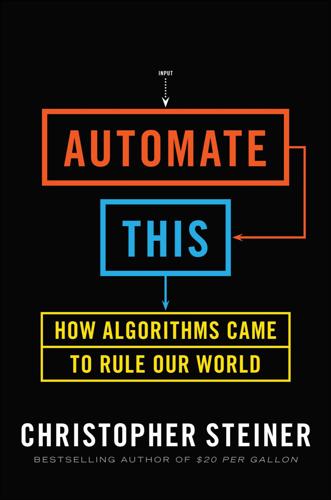
Automate This: How Algorithms Came to Rule Our World
by Christopher Steiner · 29 Aug 2012 · 317pp · 84,400 words
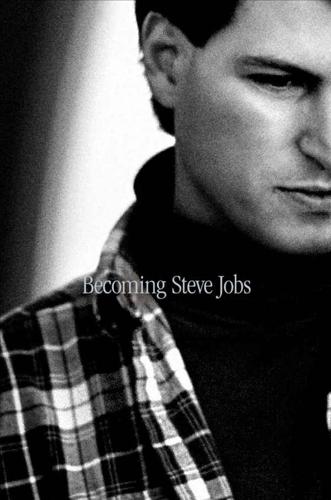
Becoming Steve Jobs: The Evolution of a Reckless Upstart Into a Visionary Leader
by Brent Schlender and Rick Tetzeli · 24 Mar 2015 · 464pp · 155,696 words

The Age of Extraction: How Tech Platforms Conquered the Economy and Threaten Our Future Prosperity
by Tim Wu · 4 Nov 2025 · 246pp · 65,143 words
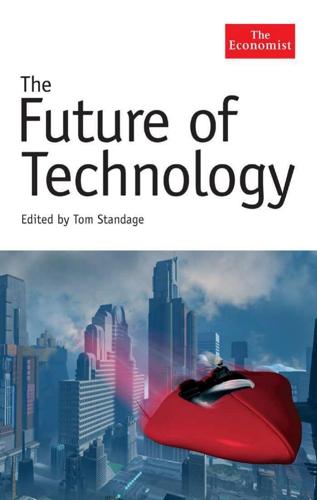
The Future of Technology
by Tom Standage · 31 Aug 2005
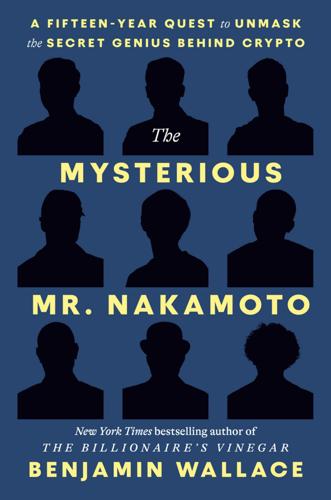
The Mysterious Mr. Nakamoto: A Fifteen-Year Quest to Unmask the Secret Genius Behind Crypto
by Benjamin Wallace · 18 Mar 2025 · 431pp · 116,274 words
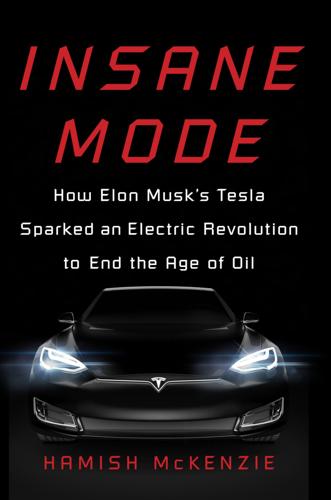
Insane Mode: How Elon Musk's Tesla Sparked an Electric Revolution to End the Age of Oil
by Hamish McKenzie · 30 Sep 2017 · 307pp · 90,634 words
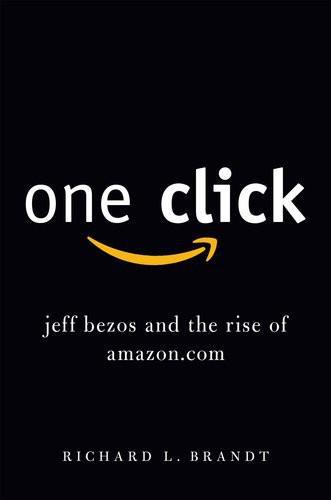
One Click: Jeff Bezos and the Rise of Amazon.com
by Richard L. Brandt · 27 Oct 2011 · 222pp · 54,506 words
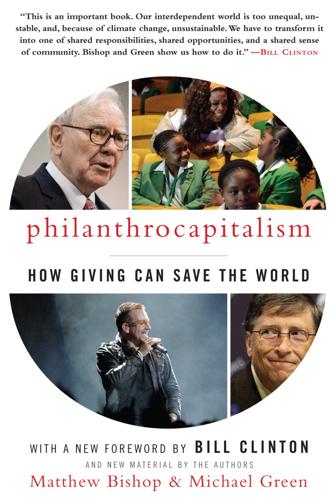
Philanthrocapitalism
by Matthew Bishop, Michael Green and Bill Clinton · 29 Sep 2008 · 401pp · 115,959 words
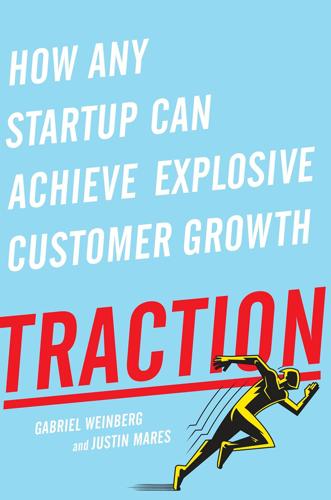
Traction: How Any Startup Can Achieve Explosive Customer Growth
by Gabriel Weinberg and Justin Mares · 5 Oct 2015 · 232pp · 63,846 words
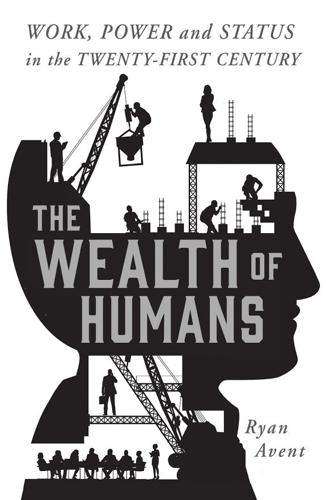
The Wealth of Humans: Work, Power, and Status in the Twenty-First Century
by Ryan Avent · 20 Sep 2016 · 323pp · 90,868 words
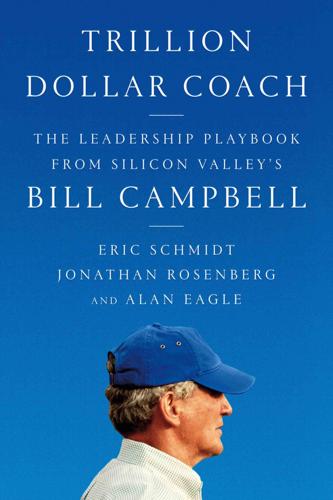
Trillion Dollar Coach: The Leadership Playbook of Silicon Valley's Bill Campbell
by Eric Schmidt, Jonathan Rosenberg and Alan Eagle · 15 Apr 2019 · 199pp · 56,243 words
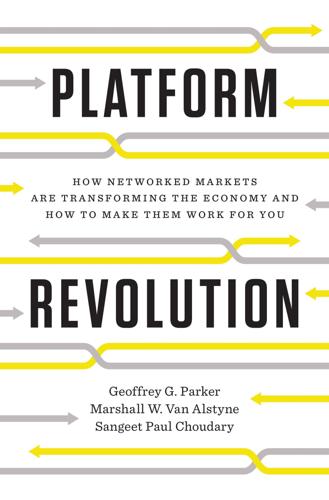
Platform Revolution: How Networked Markets Are Transforming the Economy--And How to Make Them Work for You
by Sangeet Paul Choudary, Marshall W. van Alstyne and Geoffrey G. Parker · 27 Mar 2016 · 421pp · 110,406 words
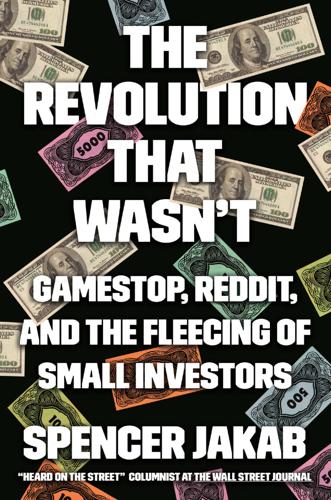
The Revolution That Wasn't: GameStop, Reddit, and the Fleecing of Small Investors
by Spencer Jakab · 1 Feb 2022 · 420pp · 94,064 words
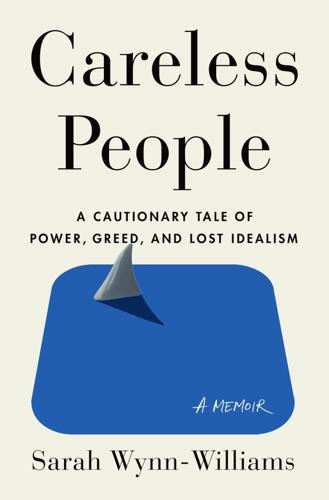
Careless People: A Cautionary Tale of Power, Greed, and Lost Idealism
by Sarah Wynn-Williams · 11 Mar 2025 · 370pp · 115,318 words
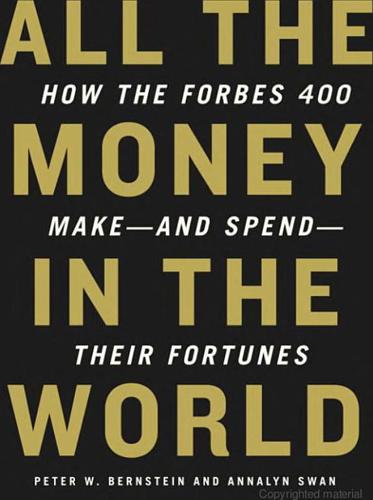
All the Money in the World
by Peter W. Bernstein · 17 Dec 2008 · 538pp · 147,612 words
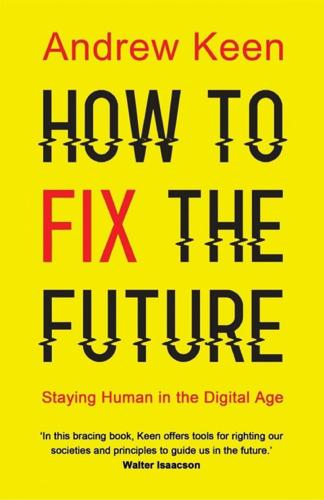
How to Fix the Future: Staying Human in the Digital Age
by Andrew Keen · 1 Mar 2018 · 308pp · 85,880 words
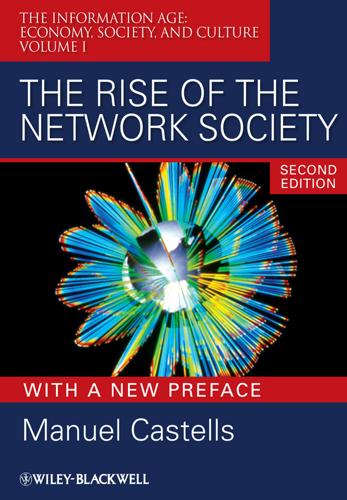
The Rise of the Network Society
by Manuel Castells · 31 Aug 1996 · 843pp · 223,858 words
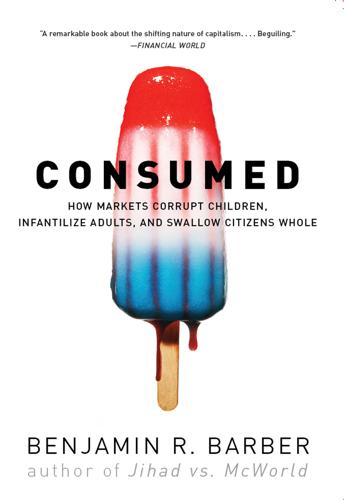
Consumed: How Markets Corrupt Children, Infantilize Adults, and Swallow Citizens Whole
by Benjamin R. Barber · 1 Jan 2007 · 498pp · 145,708 words
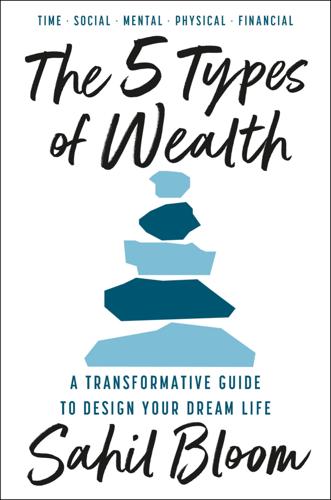
The 5 Types of Wealth: A Transformative Guide to Design Your Dream Life
by Sahil Bloom · 4 Feb 2025 · 363pp · 94,341 words

Vassal State
by Angus Hanton · 25 Mar 2024 · 277pp · 81,718 words
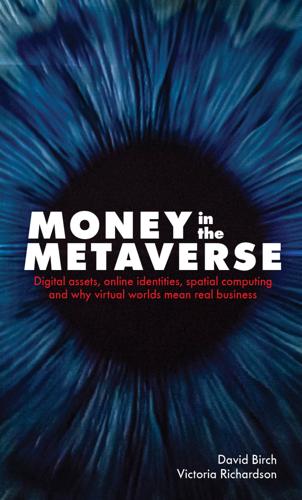
Money in the Metaverse: Digital Assets, Online Identities, Spatial Computing and Why Virtual Worlds Mean Real Business
by David G. W. Birch and Victoria Richardson · 28 Apr 2024 · 249pp · 74,201 words
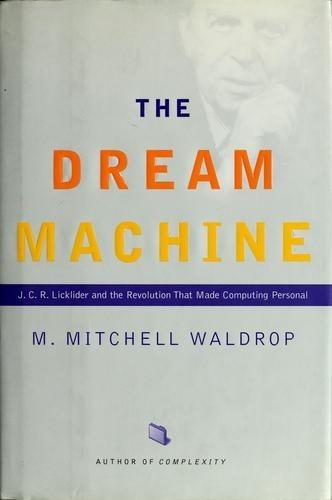
The Dream Machine: J.C.R. Licklider and the Revolution That Made Computing Personal
by M. Mitchell Waldrop · 14 Apr 2001
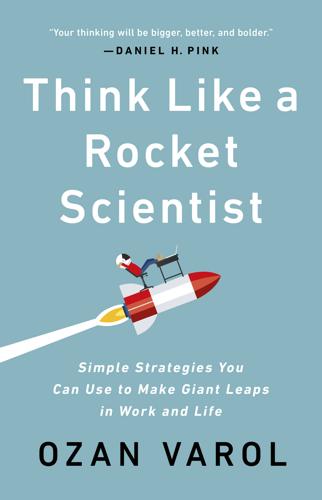
Think Like a Rocket Scientist: Simple Strategies You Can Use to Make Giant Leaps in Work and Life
by Ozan Varol · 13 Apr 2020 · 389pp · 112,319 words
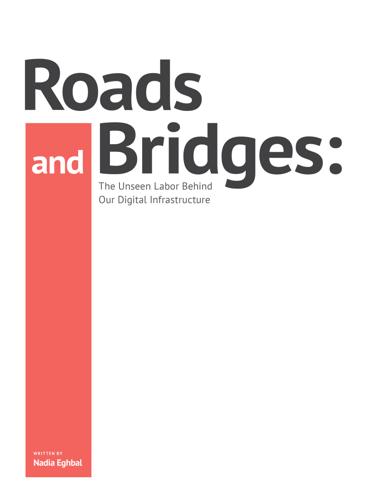
Roads and Bridges
by Nadia Eghbal · 139pp · 35,022 words
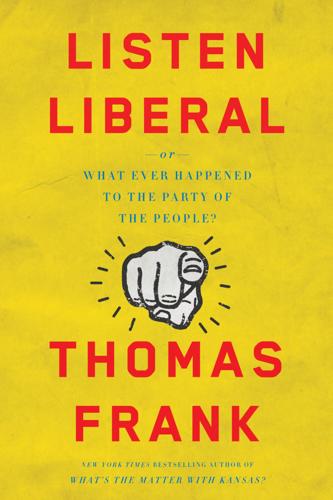
Listen, Liberal: Or, What Ever Happened to the Party of the People?
by Thomas Frank · 15 Mar 2016 · 316pp · 87,486 words
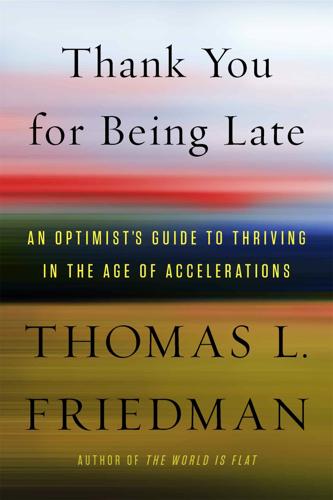
Thank You for Being Late: An Optimist's Guide to Thriving in the Age of Accelerations
by Thomas L. Friedman · 22 Nov 2016 · 602pp · 177,874 words
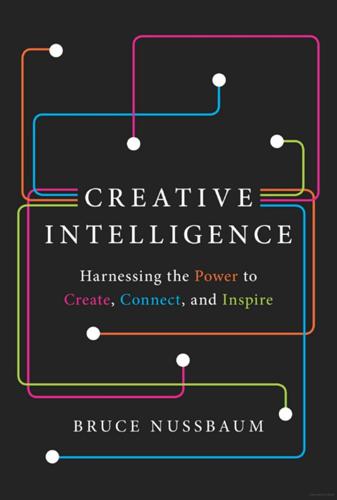
Creative Intelligence: Harnessing the Power to Create, Connect, and Inspire
by Bruce Nussbaum · 5 Mar 2013 · 385pp · 101,761 words
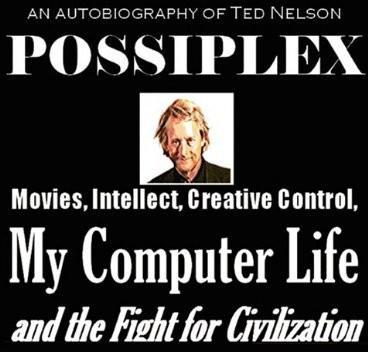
Possiplex
by Ted Nelson · 2 Jan 2010
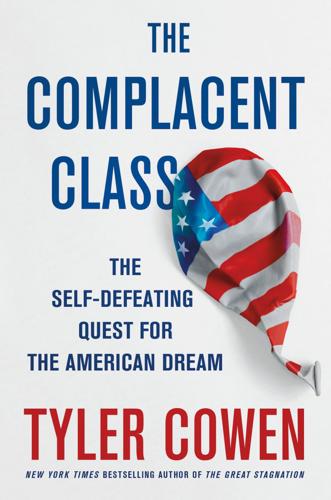
The Complacent Class: The Self-Defeating Quest for the American Dream
by Tyler Cowen · 27 Feb 2017 · 287pp · 82,576 words
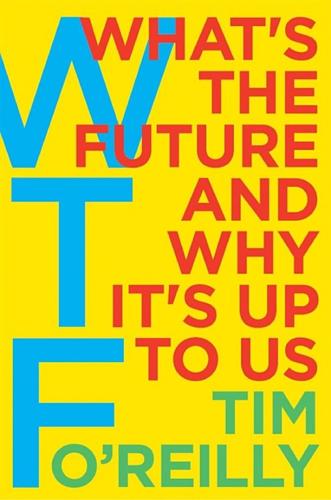
WTF?: What's the Future and Why It's Up to Us
by Tim O'Reilly · 9 Oct 2017 · 561pp · 157,589 words

The End of Ownership: Personal Property in the Digital Economy
by Aaron Perzanowski and Jason Schultz · 4 Nov 2016 · 374pp · 97,288 words
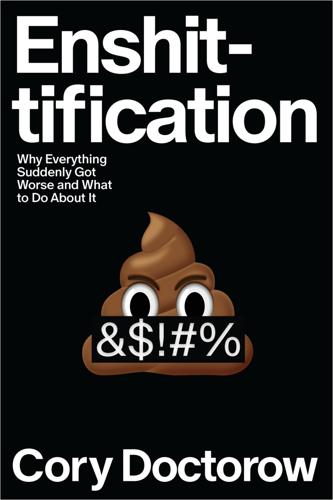
Enshittification: Why Everything Suddenly Got Worse and What to Do About It
by Cory Doctorow · 6 Oct 2025 · 313pp · 94,415 words
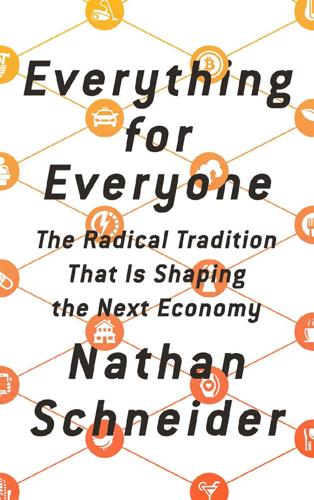
Everything for Everyone: The Radical Tradition That Is Shaping the Next Economy
by Nathan Schneider · 10 Sep 2018 · 326pp · 91,559 words
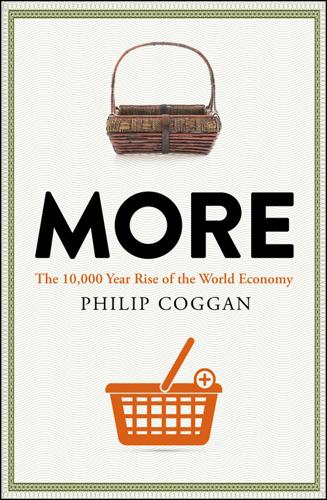
More: The 10,000-Year Rise of the World Economy
by Philip Coggan · 6 Feb 2020 · 524pp · 155,947 words
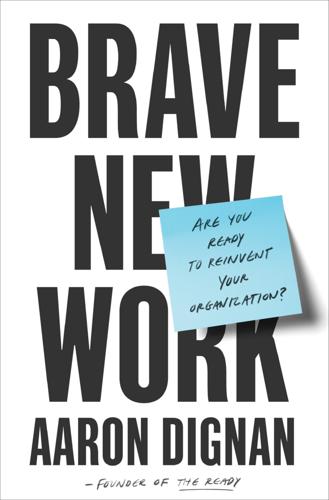
Brave New Work: Are You Ready to Reinvent Your Organization?
by Aaron Dignan · 1 Feb 2019 · 309pp · 81,975 words
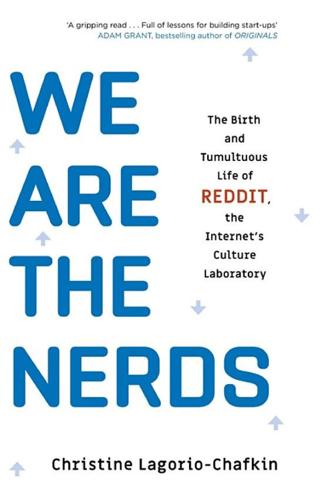
We Are the Nerds: The Birth and Tumultuous Life of Reddit, the Internet's Culture Laboratory
by Christine Lagorio-Chafkin · 1 Oct 2018
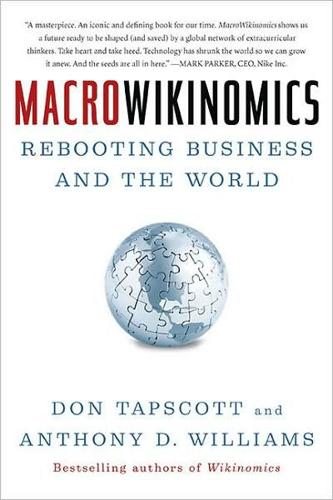
MacroWikinomics: Rebooting Business and the World
by Don Tapscott and Anthony D. Williams · 28 Sep 2010 · 552pp · 168,518 words
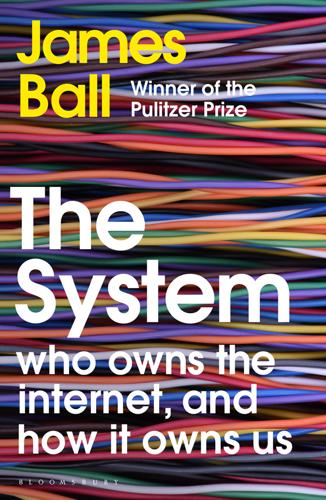
The System: Who Owns the Internet, and How It Owns Us
by James Ball · 19 Aug 2020 · 268pp · 76,702 words
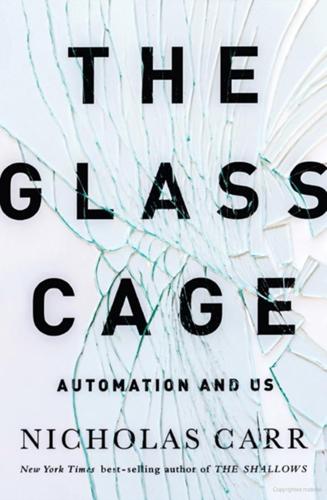
The Glass Cage: Automation and Us
by Nicholas Carr · 28 Sep 2014 · 308pp · 84,713 words
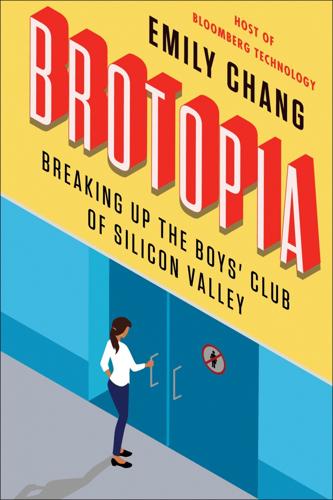
Brotopia: Breaking Up the Boys' Club of Silicon Valley
by Emily Chang · 6 Feb 2018 · 334pp · 104,382 words
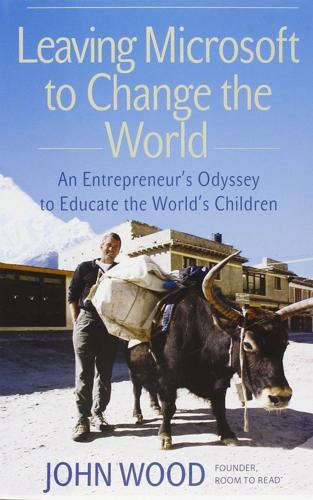
Leaving Microsoft to Change the World: An Entrepreneur's Odyssey to Educate the World's Children
by John Wood · 28 Aug 2006 · 310pp · 91,151 words
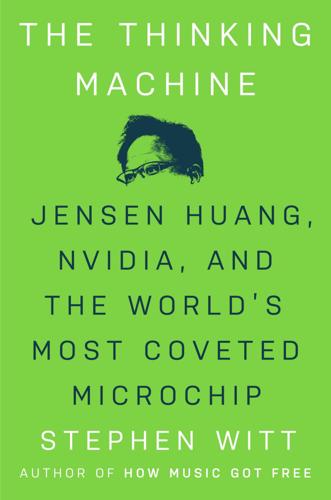
The Thinking Machine: Jensen Huang, Nvidia, and the World's Most Coveted Microchip
by Stephen Witt · 8 Apr 2025 · 260pp · 82,629 words
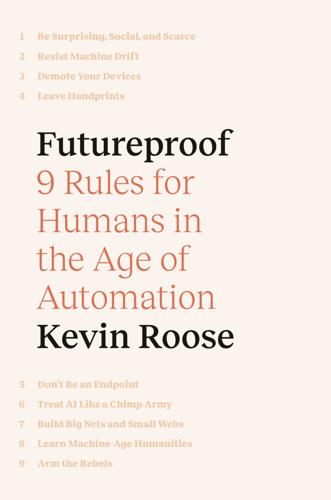
Futureproof: 9 Rules for Humans in the Age of Automation
by Kevin Roose · 9 Mar 2021 · 208pp · 57,602 words
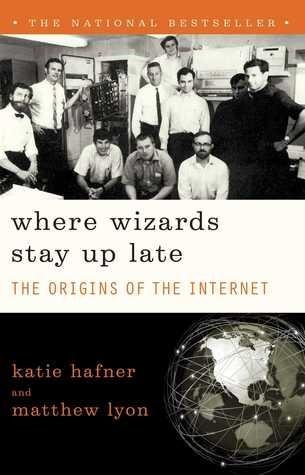
Where Wizards Stay Up Late: The Origins of the Internet
by Katie Hafner and Matthew Lyon · 1 Jan 1996 · 352pp · 96,532 words
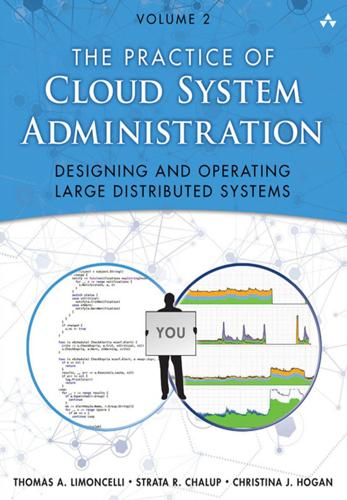
The Practice of Cloud System Administration: DevOps and SRE Practices for Web Services, Volume 2
by Thomas A. Limoncelli, Strata R. Chalup and Christina J. Hogan · 27 Aug 2014 · 757pp · 193,541 words
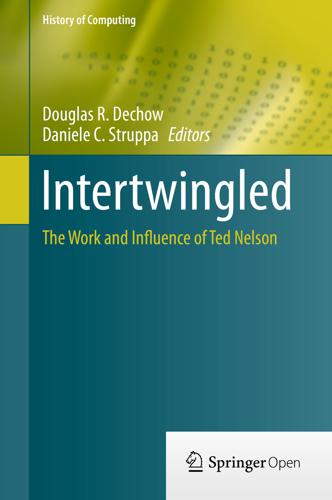
Intertwingled: The Work and Influence of Ted Nelson (History of Computing)
by Douglas R. Dechow · 2 Jul 2015 · 223pp · 52,808 words

Beautiful security
by Andy Oram and John Viega · 15 Dec 2009 · 302pp · 82,233 words
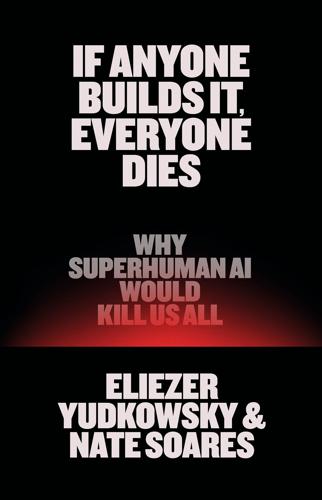
If Anyone Builds It, Everyone Dies: Why Superhuman AI Would Kill Us All
by Eliezer Yudkowsky and Nate Soares · 15 Sep 2025 · 215pp · 64,699 words
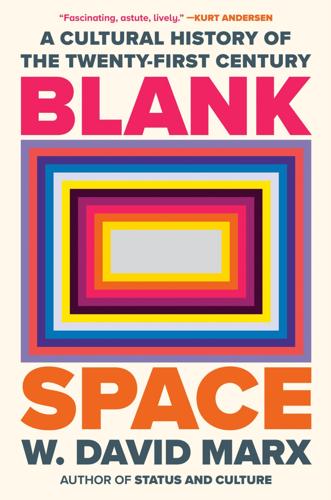
Blank Space: A Cultural History of the Twenty-First Century
by W. David Marx · 18 Nov 2025 · 642pp · 142,332 words
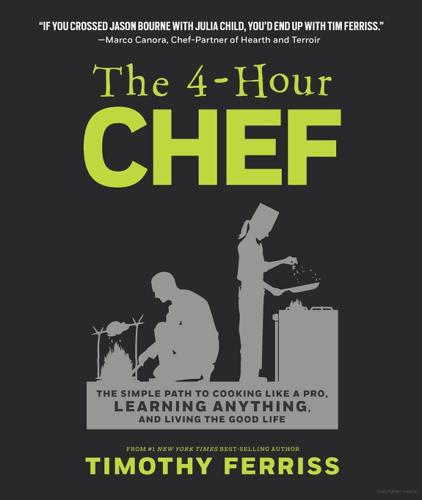
The 4-Hour Chef: The Simple Path to Cooking Like a Pro, Learning Anything, and Living the Good Life
by Timothy Ferriss · 1 Jan 2012 · 1,007pp · 181,911 words
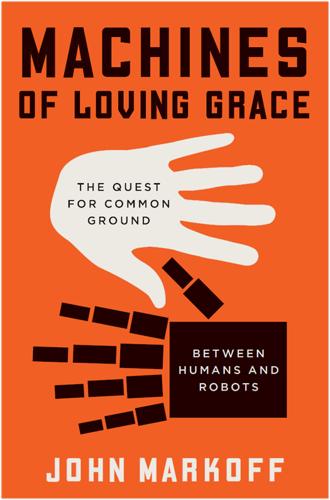
Machines of Loving Grace: The Quest for Common Ground Between Humans and Robots
by John Markoff · 24 Aug 2015 · 413pp · 119,587 words
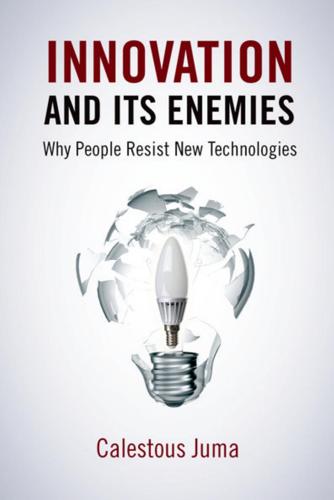
Innovation and Its Enemies
by Calestous Juma · 20 Mar 2017
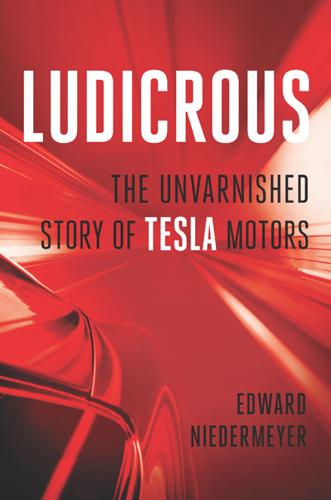
Ludicrous: The Unvarnished Story of Tesla Motors
by Edward Niedermeyer · 14 Sep 2019 · 328pp · 90,677 words
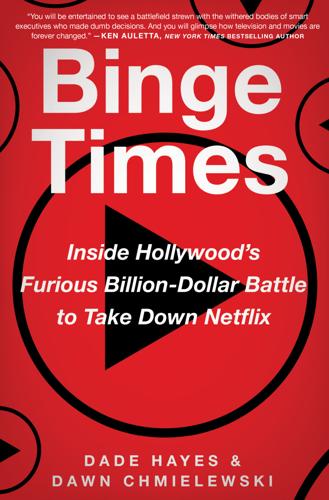
Binge Times: Inside Hollywood's Furious Billion-Dollar Battle to Take Down Netflix
by Dade Hayes and Dawn Chmielewski · 18 Apr 2022 · 414pp · 117,581 words
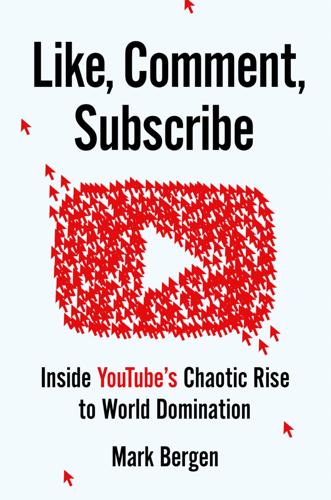
Like, Comment, Subscribe: Inside YouTube's Chaotic Rise to World Domination
by Mark Bergen · 5 Sep 2022 · 642pp · 141,888 words
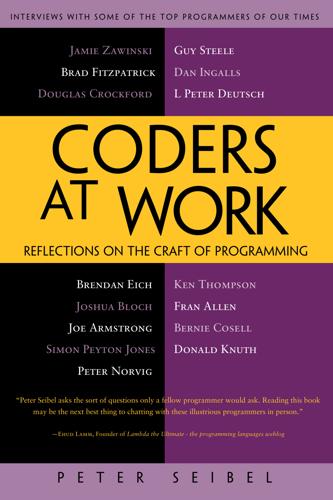
Coders at Work
by Peter Seibel · 22 Jun 2009 · 1,201pp · 233,519 words
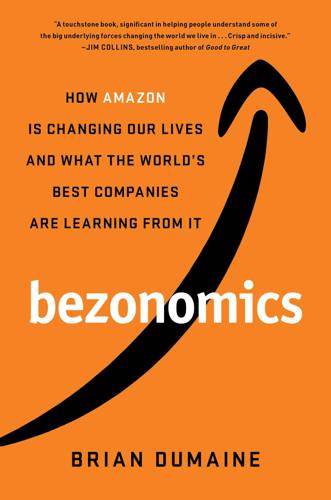
Bezonomics: How Amazon Is Changing Our Lives and What the World's Best Companies Are Learning From It
by Brian Dumaine · 11 May 2020 · 411pp · 98,128 words
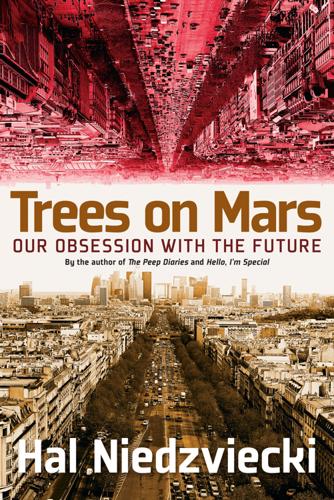
Trees on Mars: Our Obsession With the Future
by Hal Niedzviecki · 15 Mar 2015 · 343pp · 102,846 words
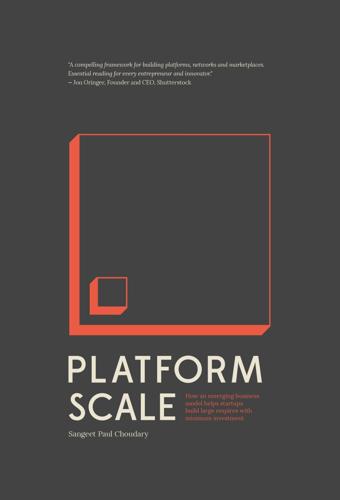
Platform Scale: How an Emerging Business Model Helps Startups Build Large Empires With Minimum Investment
by Sangeet Paul Choudary · 14 Sep 2015 · 302pp · 73,581 words
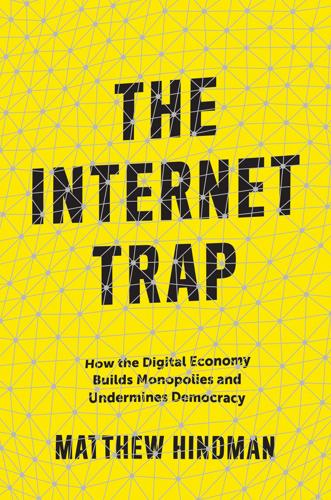
The Internet Trap: How the Digital Economy Builds Monopolies and Undermines Democracy
by Matthew Hindman · 24 Sep 2018
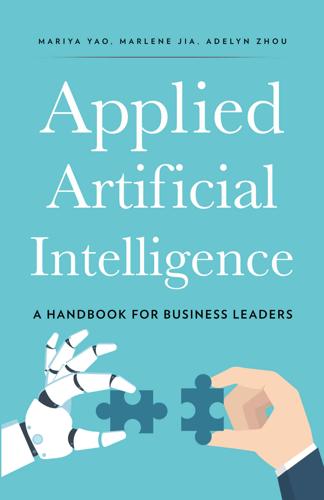
Applied Artificial Intelligence: A Handbook for Business Leaders
by Mariya Yao, Adelyn Zhou and Marlene Jia · 1 Jun 2018 · 161pp · 39,526 words
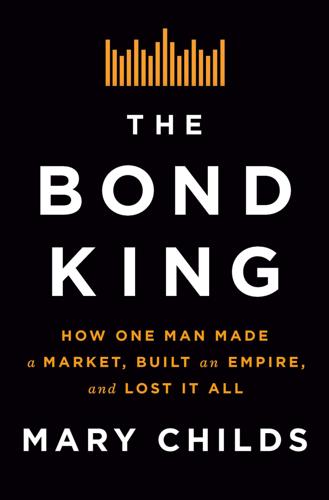
The Bond King: How One Man Made a Market, Built an Empire, and Lost It All
by Mary Childs · 15 Mar 2022 · 367pp · 110,161 words
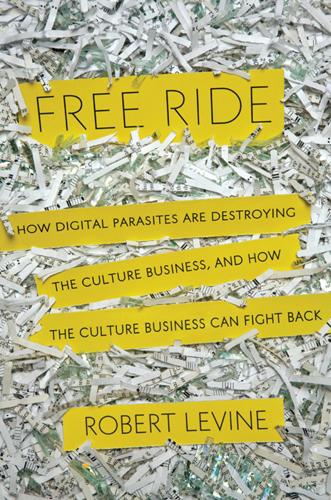
Free Ride
by Robert Levine · 25 Oct 2011 · 465pp · 109,653 words
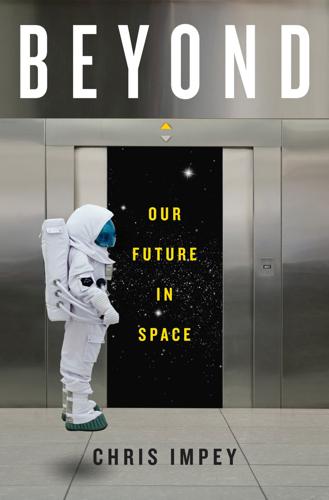
Beyond: Our Future in Space
by Chris Impey · 12 Apr 2015 · 370pp · 97,138 words
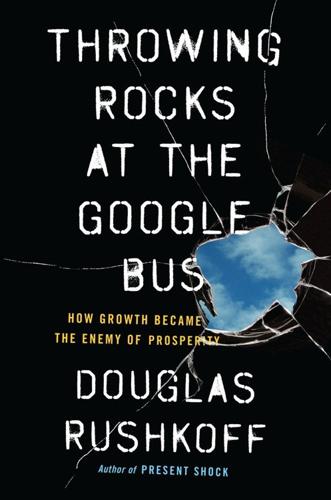
Throwing Rocks at the Google Bus: How Growth Became the Enemy of Prosperity
by Douglas Rushkoff · 1 Mar 2016 · 366pp · 94,209 words

Golden Gates: Fighting for Housing in America
by Conor Dougherty · 18 Feb 2020 · 331pp · 95,582 words
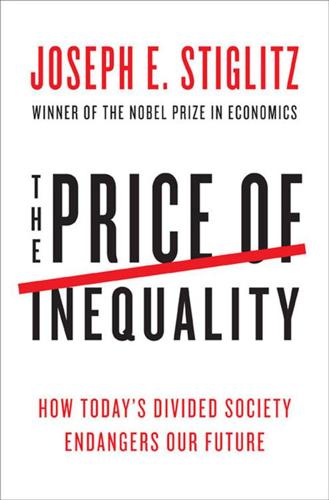
The Price of Inequality: How Today's Divided Society Endangers Our Future
by Joseph E. Stiglitz · 10 Jun 2012 · 580pp · 168,476 words

Fancy Bear Goes Phishing: The Dark History of the Information Age, in Five Extraordinary Hacks
by Scott J. Shapiro · 523pp · 154,042 words
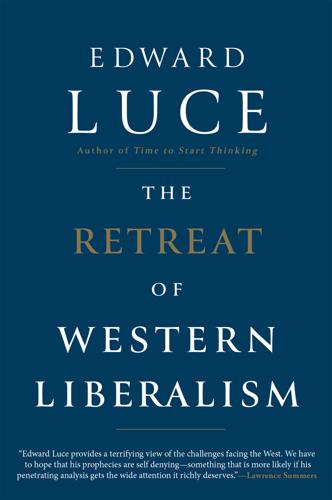
The Retreat of Western Liberalism
by Edward Luce · 20 Apr 2017 · 223pp · 58,732 words
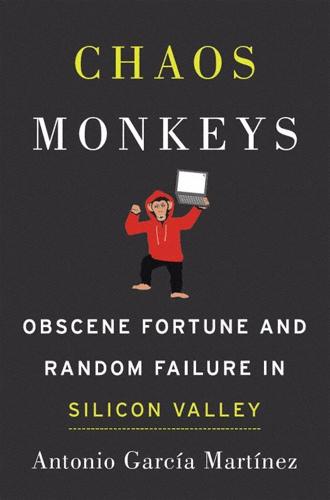
Chaos Monkeys: Obscene Fortune and Random Failure in Silicon Valley
by Antonio Garcia Martinez · 27 Jun 2016 · 559pp · 155,372 words
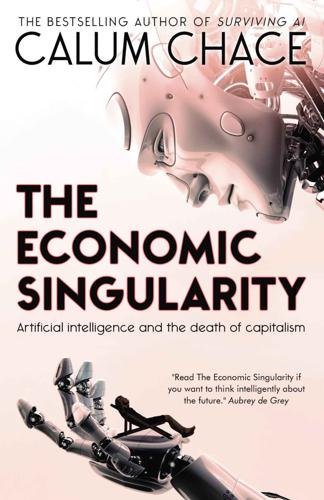
The Economic Singularity: Artificial Intelligence and the Death of Capitalism
by Calum Chace · 17 Jul 2016 · 477pp · 75,408 words
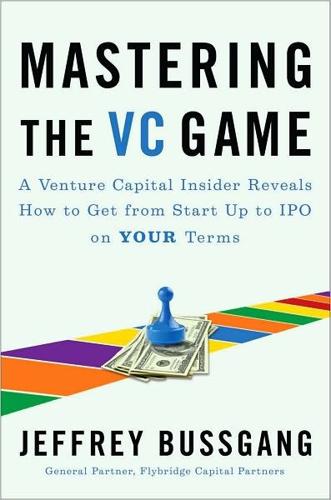
Mastering the VC Game: A Venture Capital Insider Reveals How to Get From Start-Up to IPO on Your Terms
by Jeffrey Bussgang · 31 Mar 2010 · 253pp · 65,834 words
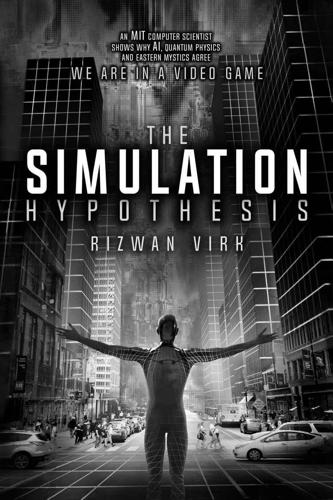
The Simulation Hypothesis
by Rizwan Virk · 31 Mar 2019 · 315pp · 89,861 words
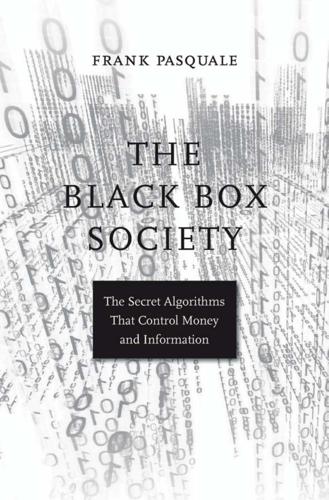
The Black Box Society: The Secret Algorithms That Control Money and Information
by Frank Pasquale · 17 Nov 2014 · 320pp · 87,853 words
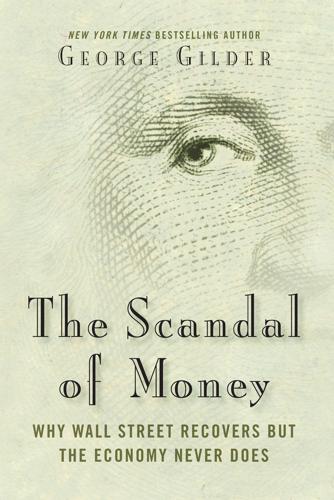
The Scandal of Money
by George Gilder · 23 Feb 2016 · 209pp · 53,236 words
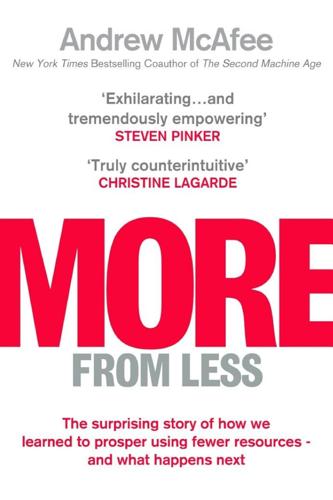
More From Less: The Surprising Story of How We Learned to Prosper Using Fewer Resources – and What Happens Next
by Andrew McAfee · 30 Sep 2019 · 372pp · 94,153 words
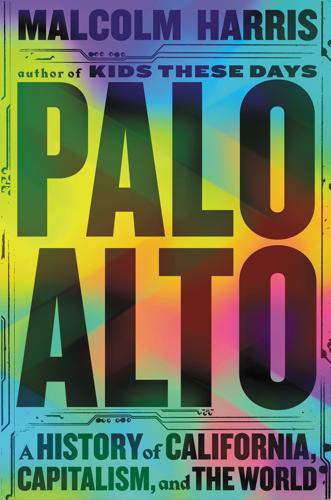
Palo Alto: A History of California, Capitalism, and the World
by Malcolm Harris · 14 Feb 2023 · 864pp · 272,918 words
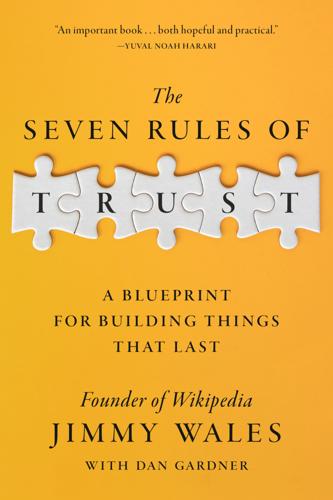
The Seven Rules of Trust: A Blueprint for Building Things That Last
by Jimmy Wales · 28 Oct 2025 · 216pp · 60,419 words
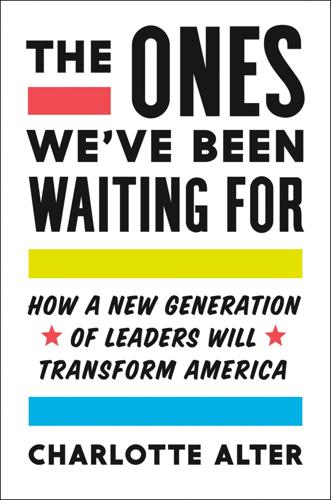
The Ones We've Been Waiting For: How a New Generation of Leaders Will Transform America
by Charlotte Alter · 18 Feb 2020 · 504pp · 129,087 words
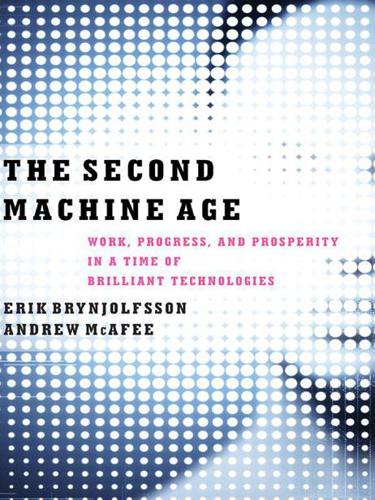
The Second Machine Age: Work, Progress, and Prosperity in a Time of Brilliant Technologies
by Erik Brynjolfsson and Andrew McAfee · 20 Jan 2014 · 339pp · 88,732 words
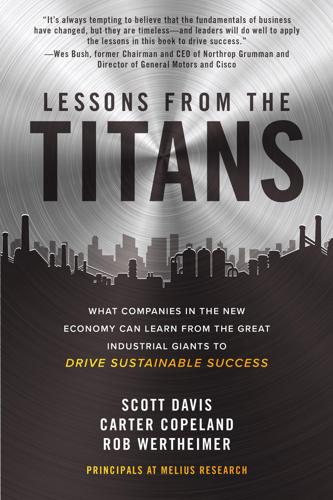
Lessons from the Titans: What Companies in the New Economy Can Learn from the Great Industrial Giants to Drive Sustainable Success
by Scott Davis, Carter Copeland and Rob Wertheimer · 13 Jul 2020 · 372pp · 101,678 words
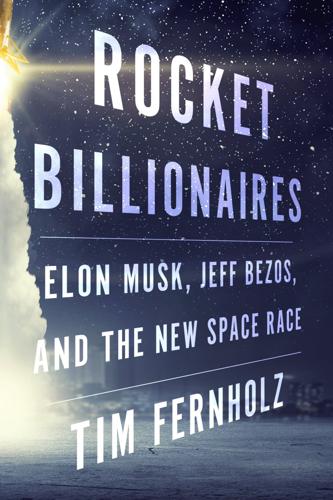
Rocket Billionaires: Elon Musk, Jeff Bezos, and the New Space Race
by Tim Fernholz · 20 Mar 2018 · 328pp · 96,141 words
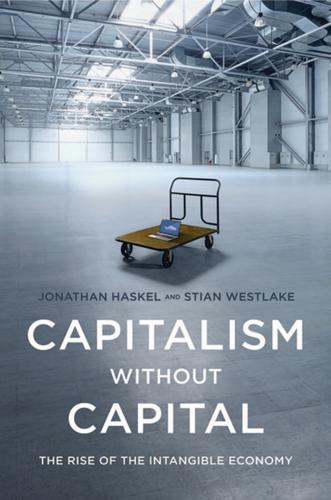
Capitalism Without Capital: The Rise of the Intangible Economy
by Jonathan Haskel and Stian Westlake · 7 Nov 2017 · 346pp · 89,180 words
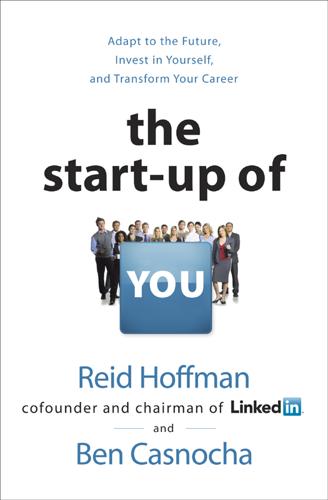
The Start-Up of You: Adapt to the Future, Invest in Yourself, and Transform Your Career
by Reid Hoffman and Ben Casnocha · 14 Feb 2012 · 176pp · 55,819 words
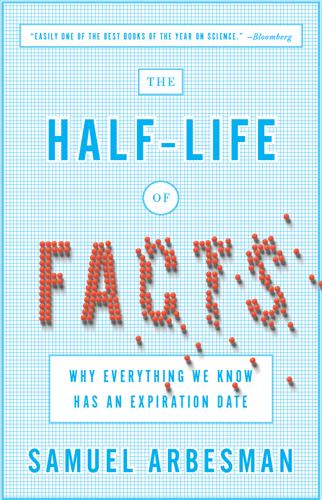
The Half-Life of Facts: Why Everything We Know Has an Expiration Date
by Samuel Arbesman · 31 Aug 2012 · 284pp · 79,265 words
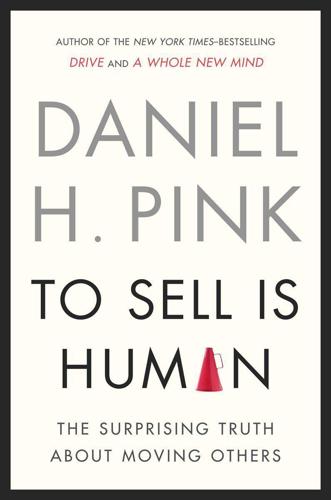
To Sell Is Human: The Surprising Truth About Moving Others
by Daniel H. Pink · 1 Dec 2012 · 243pp · 61,237 words
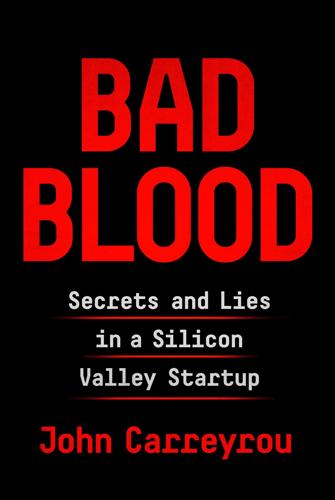
Bad Blood: Secrets and Lies in a Silicon Valley Startup
by John Carreyrou · 20 May 2018 · 359pp · 110,488 words
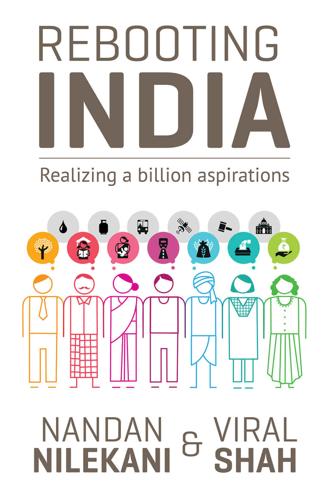
Rebooting India: Realizing a Billion Aspirations
by Nandan Nilekani · 4 Feb 2016 · 332pp · 100,601 words
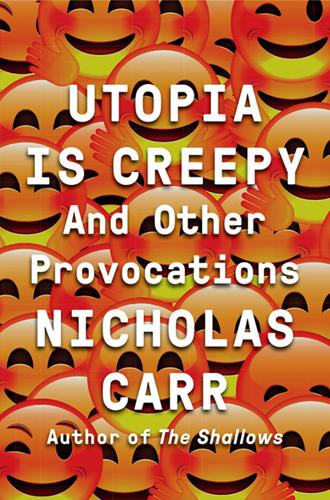
Utopia Is Creepy: And Other Provocations
by Nicholas Carr · 5 Sep 2016 · 391pp · 105,382 words
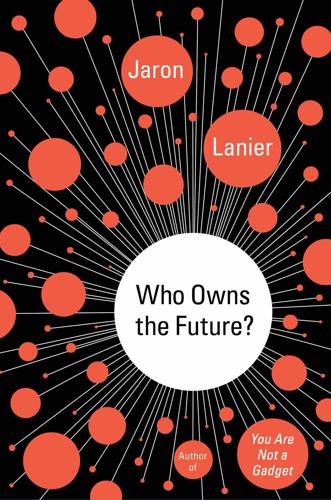
Who Owns the Future?
by Jaron Lanier · 6 May 2013 · 510pp · 120,048 words
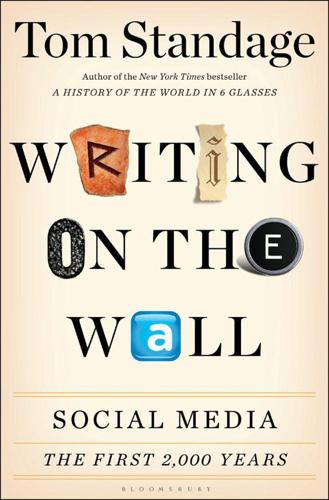
Writing on the Wall: Social Media - the First 2,000 Years
by Tom Standage · 14 Oct 2013 · 290pp · 94,968 words
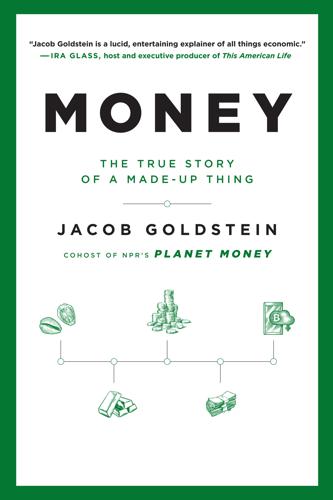
Money: The True Story of a Made-Up Thing
by Jacob Goldstein · 14 Aug 2020 · 199pp · 64,272 words
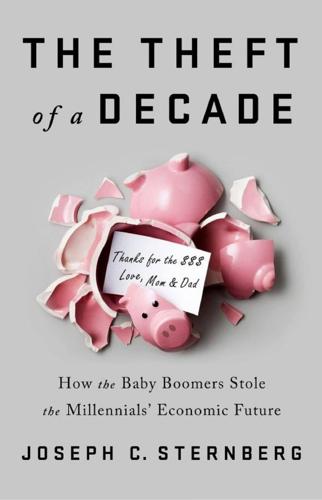
The Theft of a Decade: How the Baby Boomers Stole the Millennials' Economic Future
by Joseph C. Sternberg · 13 May 2019 · 336pp · 95,773 words
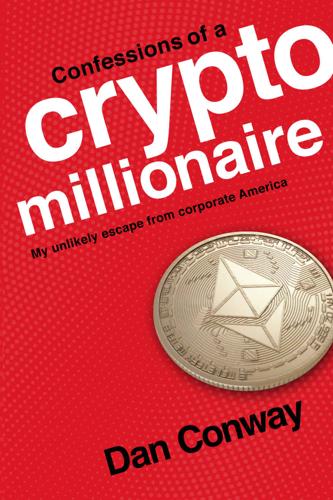
Confessions of a Crypto Millionaire: My Unlikely Escape From Corporate America
by Dan Conway · 8 Sep 2019 · 218pp · 68,648 words
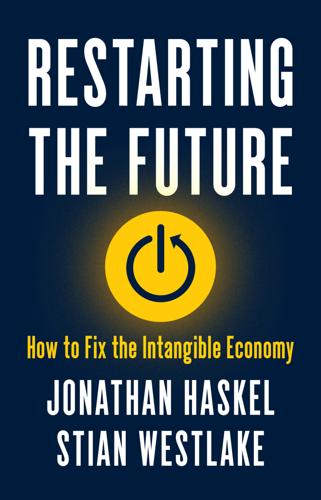
Restarting the Future: How to Fix the Intangible Economy
by Jonathan Haskel and Stian Westlake · 4 Apr 2022 · 338pp · 85,566 words
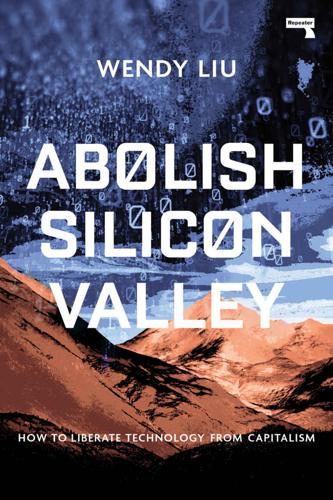
Abolish Silicon Valley: How to Liberate Technology From Capitalism
by Wendy Liu · 22 Mar 2020 · 223pp · 71,414 words
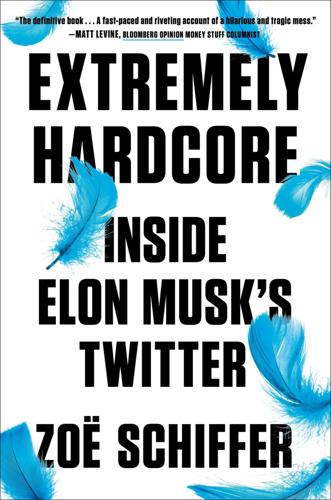
Extremely Hardcore: Inside Elon Musk's Twitter
by Zoë Schiffer · 13 Feb 2024 · 343pp · 92,693 words
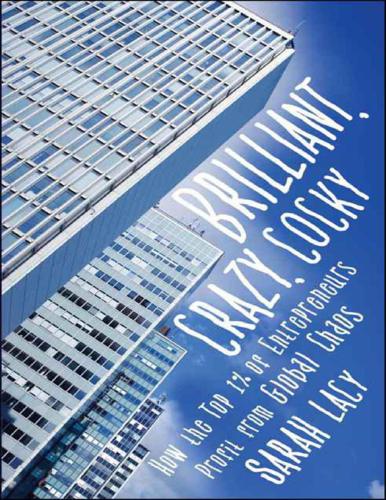
Brilliant, Crazy, Cocky: How the Top 1% of Entrepreneurs Profit From Global Chaos
by Sarah Lacy · 6 Jan 2011 · 269pp · 77,876 words
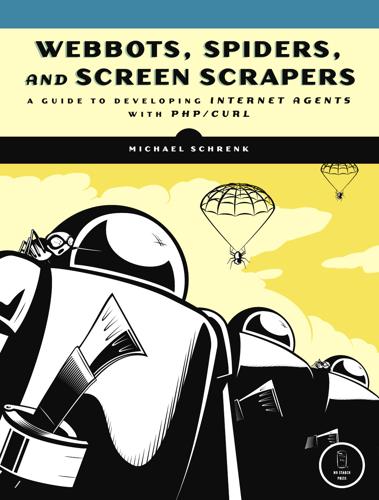
Webbots, Spiders, and Screen Scrapers
by Michael Schrenk · 19 Aug 2009 · 371pp · 78,103 words
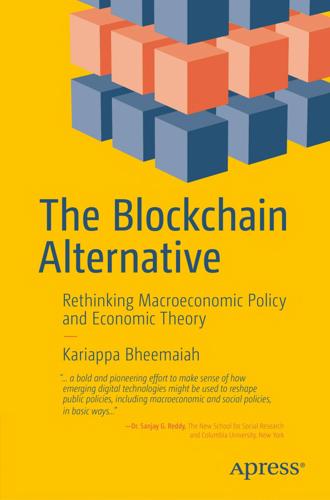
The Blockchain Alternative: Rethinking Macroeconomic Policy and Economic Theory
by Kariappa Bheemaiah · 26 Feb 2017 · 492pp · 118,882 words

Without Their Permission: How the 21st Century Will Be Made, Not Managed
by Alexis Ohanian · 30 Sep 2013 · 216pp · 61,061 words
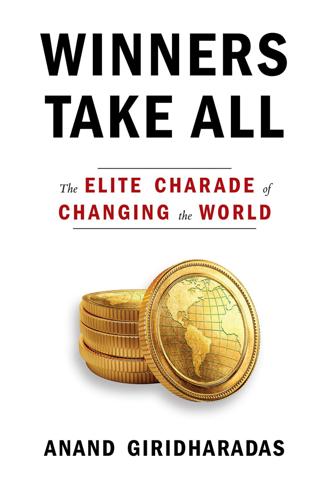
Winners Take All: The Elite Charade of Changing the World
by Anand Giridharadas · 27 Aug 2018 · 296pp · 98,018 words
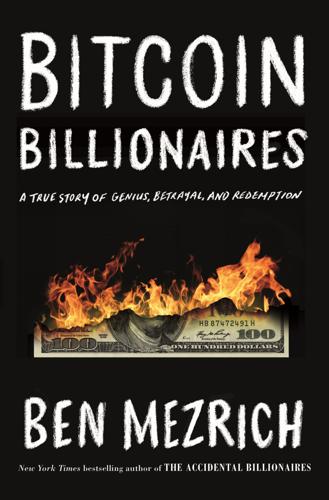
Bitcoin Billionaires: A True Story of Genius, Betrayal, and Redemption
by Ben Mezrich · 20 May 2019 · 304pp · 91,566 words
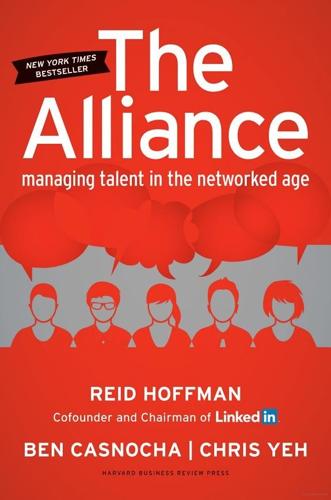
The Alliance: Managing Talent in the Networked Age
by Reid Hoffman, Ben Casnocha and Chris Yeh · 15 Jan 2014 · 102pp · 29,596 words
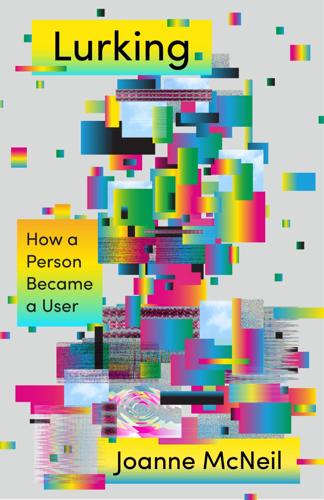
Lurking: How a Person Became a User
by Joanne McNeil · 25 Feb 2020 · 239pp · 80,319 words
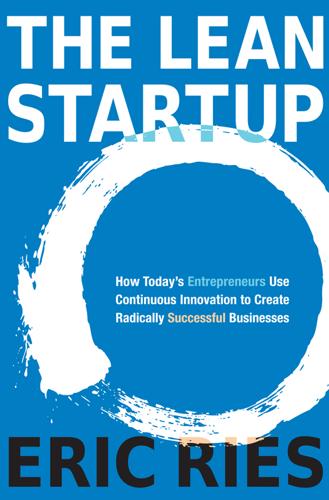
The Lean Startup: How Today’s Entrepreneurs Use Continuous Innovation to Create Radically Successful Businesses
by Eric Ries · 13 Sep 2011 · 278pp · 83,468 words
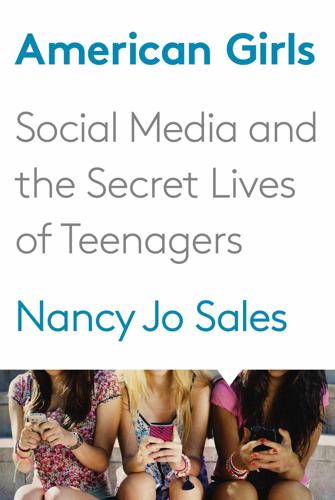
American Girls: Social Media and the Secret Lives of Teenagers
by Nancy Jo Sales · 23 Feb 2016 · 487pp · 147,238 words
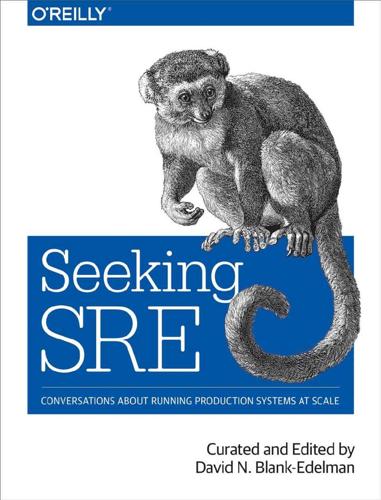
Seeking SRE: Conversations About Running Production Systems at Scale
by David N. Blank-Edelman · 16 Sep 2018
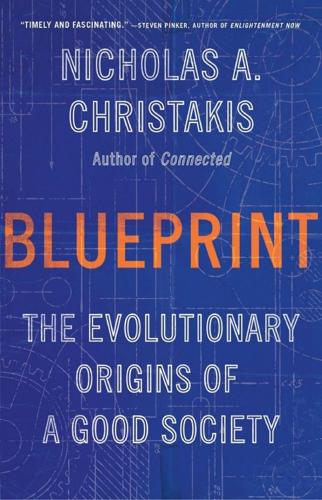
Blueprint: The Evolutionary Origins of a Good Society
by Nicholas A. Christakis · 26 Mar 2019
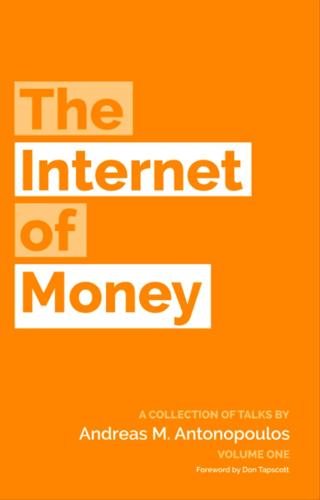
The Internet of Money
by Andreas M. Antonopoulos · 28 Aug 2016 · 200pp · 47,378 words
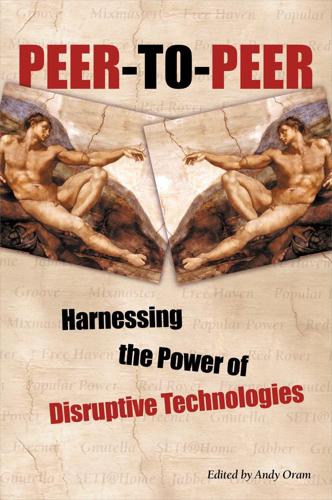
Peer-to-Peer
by Andy Oram · 26 Feb 2001 · 673pp · 164,804 words
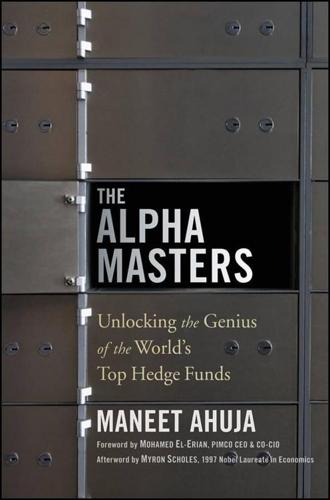
The Alpha Masters: Unlocking the Genius of the World's Top Hedge Funds
by Maneet Ahuja, Myron Scholes and Mohamed El-Erian · 29 May 2012 · 302pp · 86,614 words
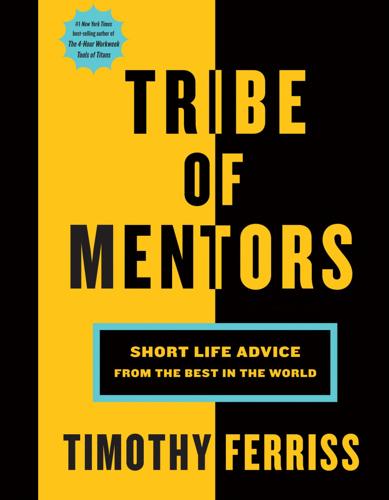
Tribe of Mentors: Short Life Advice From the Best in the World
by Timothy Ferriss · 14 Jun 2017 · 579pp · 183,063 words
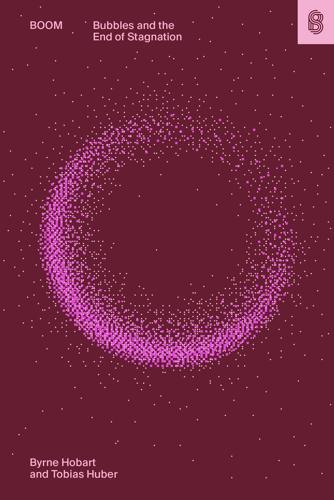
Boom: Bubbles and the End of Stagnation
by Byrne Hobart and Tobias Huber · 29 Oct 2024 · 292pp · 106,826 words
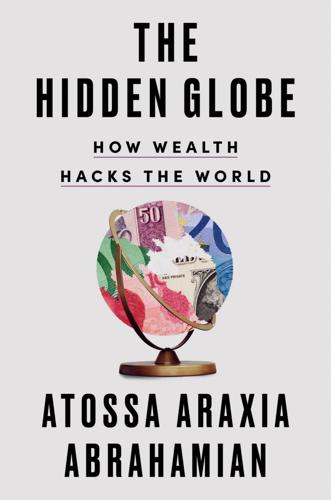
The Hidden Globe: How Wealth Hacks the World
by Atossa Araxia Abrahamian · 7 Oct 2024 · 336pp · 104,899 words
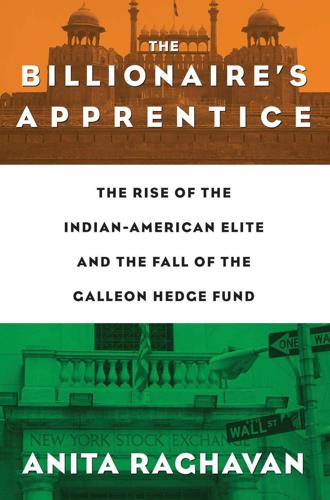
The Billionaire's Apprentice: The Rise of the Indian-American Elite and the Fall of the Galleon Hedge Fund
by Anita Raghavan · 4 Jun 2013 · 575pp · 171,599 words
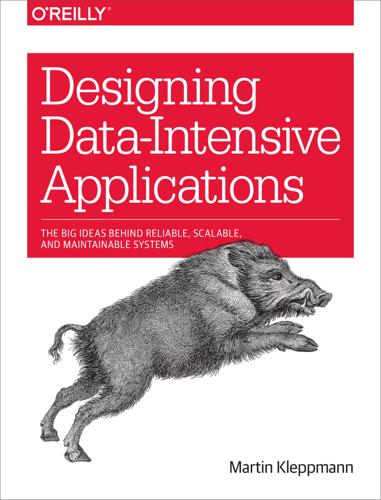
Designing Data-Intensive Applications: The Big Ideas Behind Reliable, Scalable, and Maintainable Systems
by Martin Kleppmann · 16 Mar 2017 · 1,237pp · 227,370 words
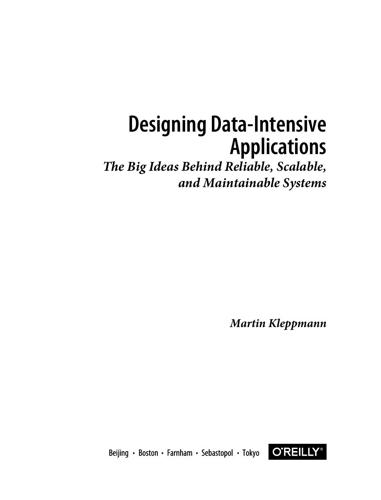
Designing Data-Intensive Applications: The Big Ideas Behind Reliable, Scalable, and Maintainable Systems
by Martin Kleppmann · 17 Apr 2017
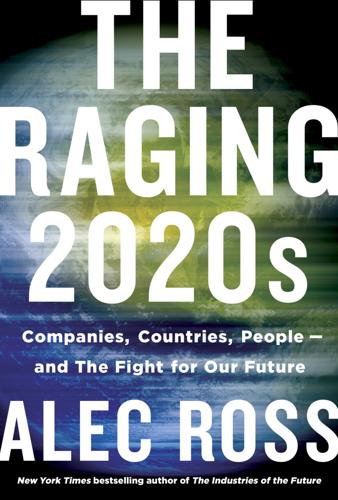
The Raging 2020s: Companies, Countries, People - and the Fight for Our Future
by Alec Ross · 13 Sep 2021 · 363pp · 109,077 words
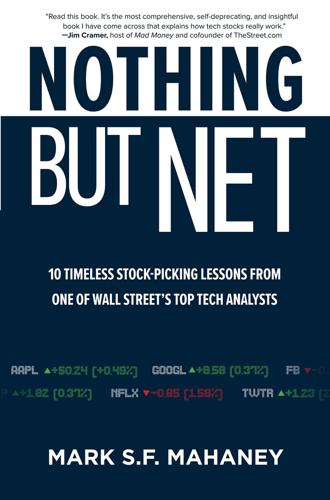
Nothing but Net: 10 Timeless Stock-Picking Lessons From One of Wall Street’s Top Tech Analysts
by Mark Mahaney · 9 Nov 2021 · 311pp · 90,172 words
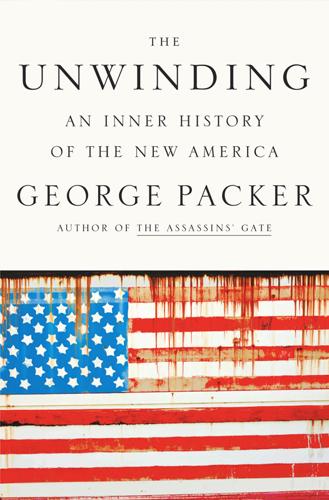
The Unwinding: An Inner History of the New America
by George Packer · 4 Mar 2014 · 559pp · 169,094 words
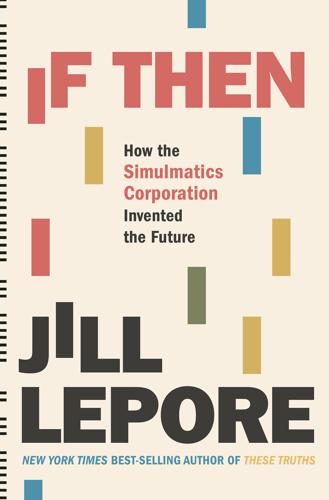
If Then: How Simulmatics Corporation Invented the Future
by Jill Lepore · 14 Sep 2020 · 467pp · 149,632 words
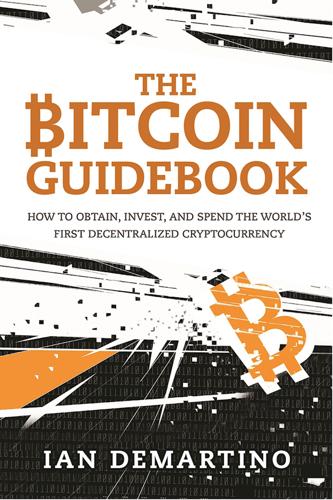
The Bitcoin Guidebook: How to Obtain, Invest, and Spend the World's First Decentralized Cryptocurrency
by Ian Demartino · 2 Feb 2016 · 296pp · 86,610 words
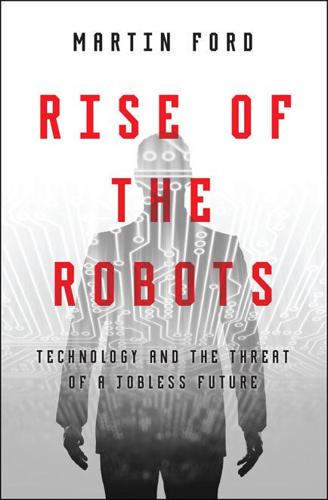
Rise of the Robots: Technology and the Threat of a Jobless Future
by Martin Ford · 4 May 2015 · 484pp · 104,873 words
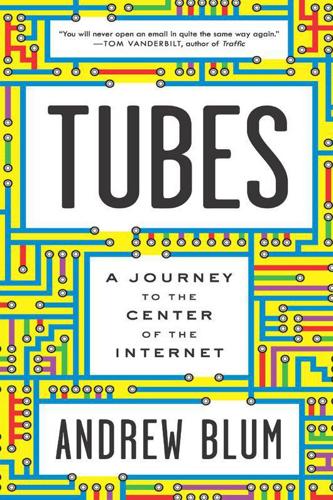
Tubes: A Journey to the Center of the Internet
by Andrew Blum · 28 May 2012 · 314pp · 83,631 words
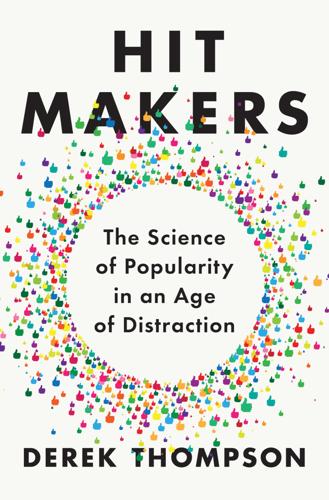
Hit Makers: The Science of Popularity in an Age of Distraction
by Derek Thompson · 7 Feb 2017 · 416pp · 108,370 words
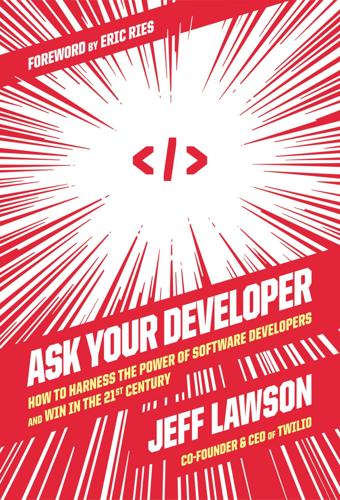
Ask Your Developer: How to Harness the Power of Software Developers and Win in the 21st Century
by Jeff Lawson · 12 Jan 2021 · 282pp · 85,658 words
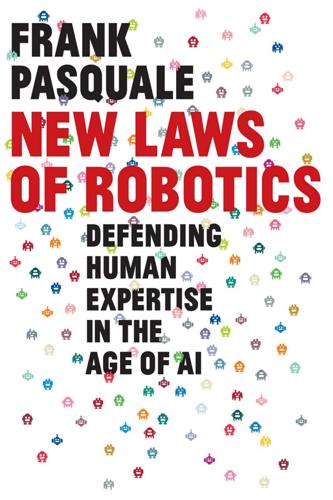
New Laws of Robotics: Defending Human Expertise in the Age of AI
by Frank Pasquale · 14 May 2020 · 1,172pp · 114,305 words
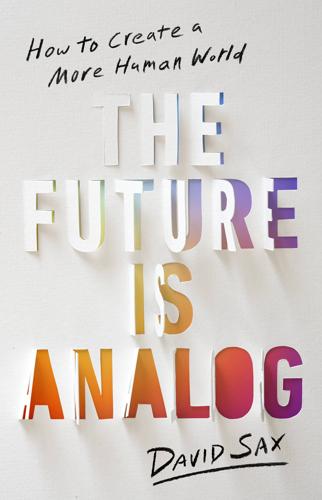
The Future Is Analog: How to Create a More Human World
by David Sax · 15 Jan 2022 · 282pp · 93,783 words
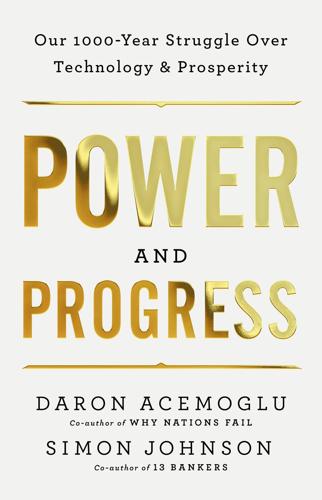
Power and Progress: Our Thousand-Year Struggle Over Technology and Prosperity
by Daron Acemoglu and Simon Johnson · 15 May 2023 · 619pp · 177,548 words
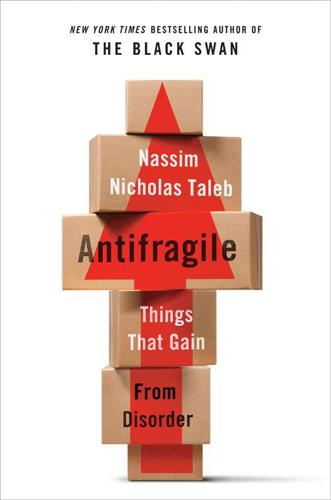
Antifragile: Things That Gain From Disorder
by Nassim Nicholas Taleb · 27 Nov 2012 · 651pp · 180,162 words
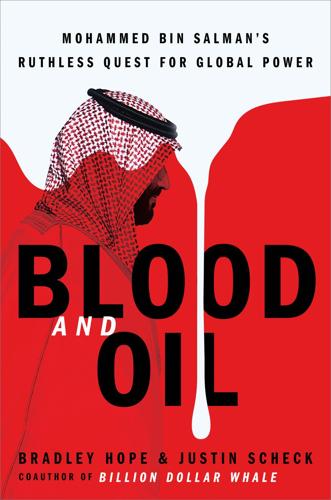
Blood and Oil: Mohammed Bin Salman's Ruthless Quest for Global Power
by Bradley Hope and Justin Scheck · 14 Sep 2020 · 339pp · 103,546 words
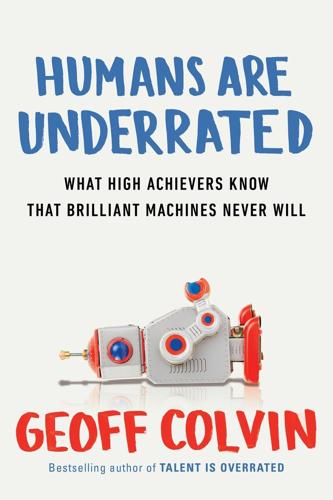
Humans Are Underrated: What High Achievers Know That Brilliant Machines Never Will
by Geoff Colvin · 3 Aug 2015 · 271pp · 77,448 words
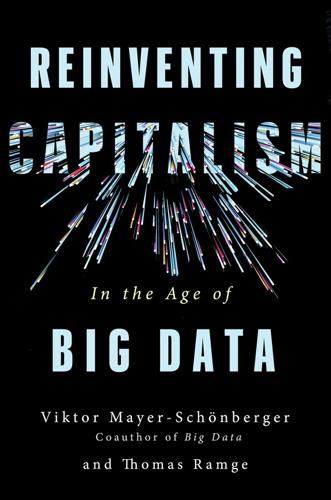
Reinventing Capitalism in the Age of Big Data
by Viktor Mayer-Schönberger and Thomas Ramge · 27 Feb 2018 · 267pp · 72,552 words
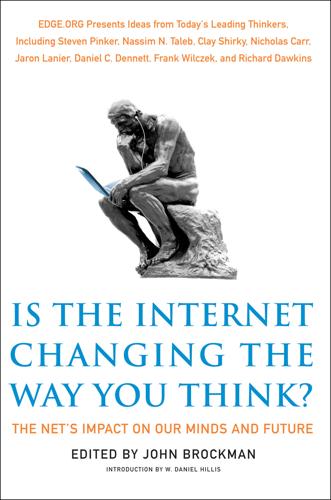
Is the Internet Changing the Way You Think?: The Net's Impact on Our Minds and Future
by John Brockman · 18 Jan 2011 · 379pp · 109,612 words
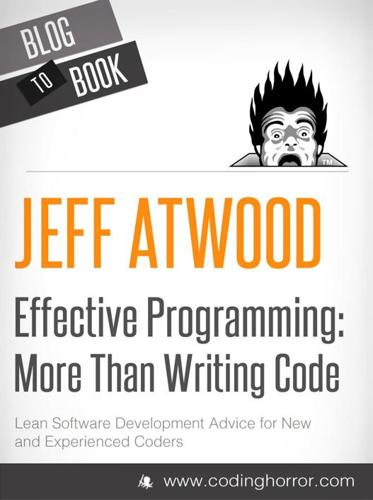
Effective Programming: More Than Writing Code
by Jeff Atwood · 3 Jul 2012 · 270pp · 64,235 words
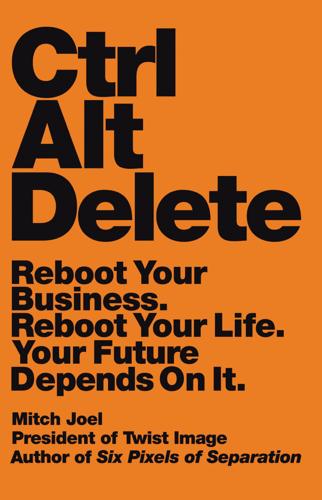
Ctrl Alt Delete: Reboot Your Business. Reboot Your Life. Your Future Depends on It.
by Mitch Joel · 20 May 2013 · 260pp · 76,223 words
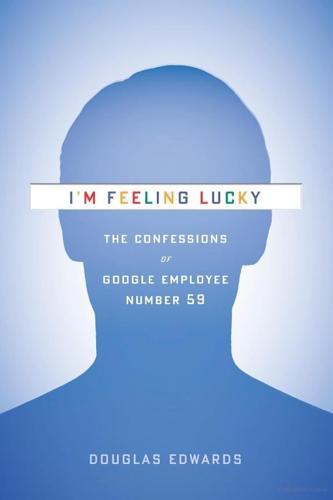
I'm Feeling Lucky: The Confessions of Google Employee Number 59
by Douglas Edwards · 11 Jul 2011 · 496pp · 154,363 words
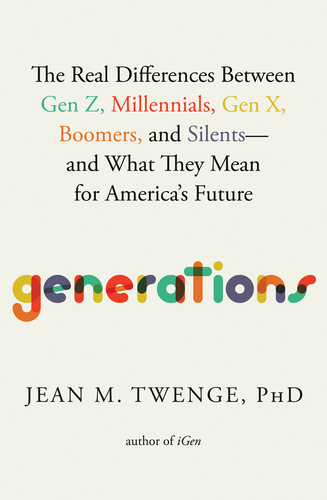
Generations: The Real Differences Between Gen Z, Millennials, Gen X, Boomers, and Silents—and What They Mean for America's Future
by Jean M. Twenge · 25 Apr 2023 · 541pp · 173,676 words
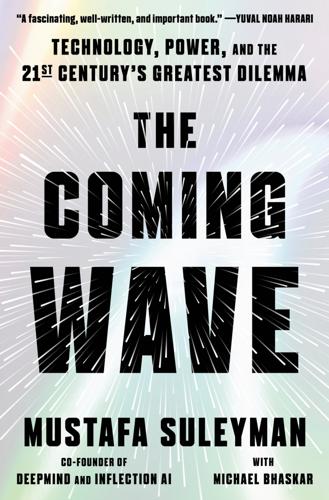
The Coming Wave: Technology, Power, and the Twenty-First Century's Greatest Dilemma
by Mustafa Suleyman · 4 Sep 2023 · 444pp · 117,770 words
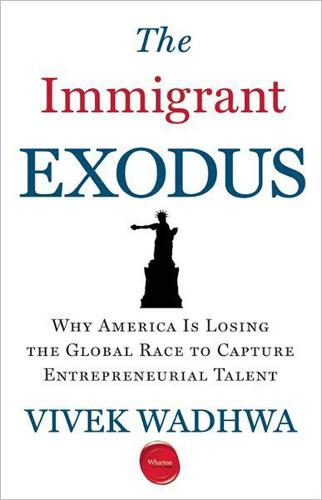
The Immigrant Exodus: Why America Is Losing the Global Race to Capture Entrepreneurial Talent
by Vivek Wadhwa · 1 Oct 2012 · 103pp · 24,033 words

Free as in Freedom
by Sam Williams · 16 Nov 2015
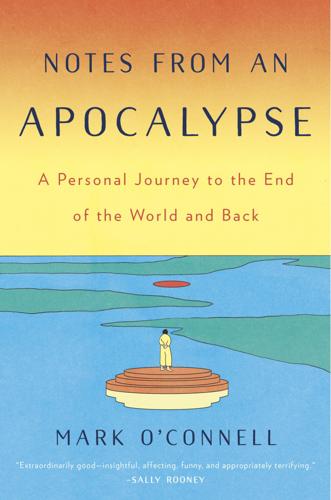
Notes From an Apocalypse: A Personal Journey to the End of the World and Back
by Mark O'Connell · 13 Apr 2020 · 213pp · 70,742 words
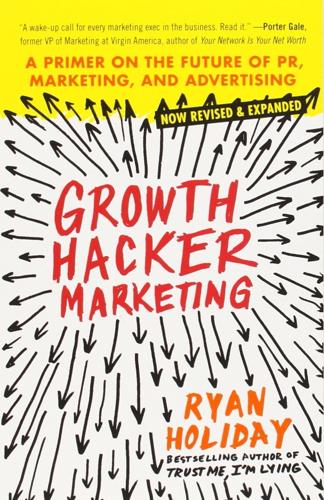
Growth Hacker Marketing: A Primer on the Future of PR, Marketing, and Advertising
by Ryan Holiday · 2 Sep 2013 · 52pp · 14,333 words
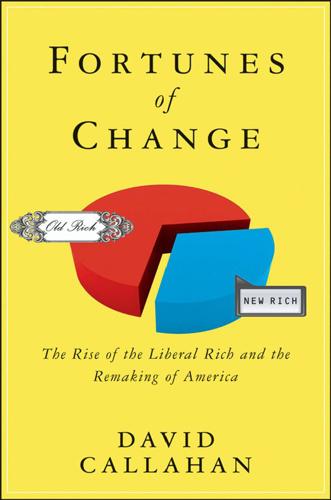
Fortunes of Change: The Rise of the Liberal Rich and the Remaking of America
by David Callahan · 9 Aug 2010
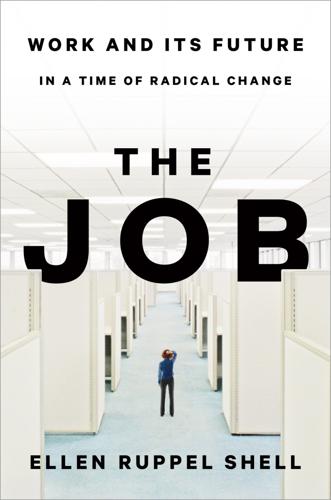
The Job: The Future of Work in the Modern Era
by Ellen Ruppel Shell · 22 Oct 2018 · 402pp · 126,835 words
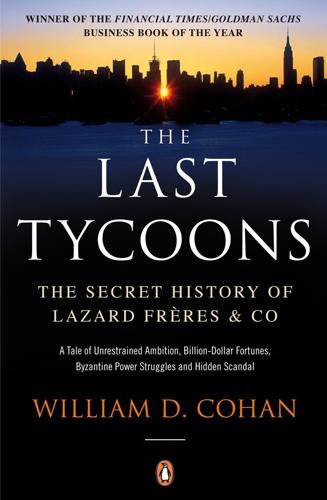
The Last Tycoons: The Secret History of Lazard Frères & Co.
by William D. Cohan · 25 Dec 2015 · 1,009pp · 329,520 words
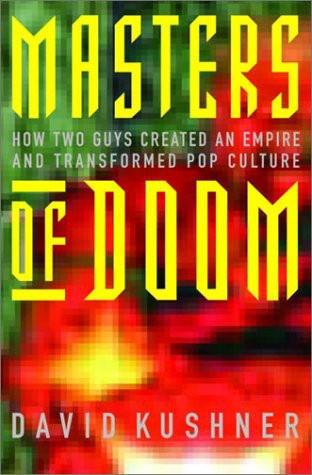
Masters of Doom: How Two Guys Created an Empire and Transformed Pop Culture
by David Kushner · 2 Jan 2003 · 240pp · 109,474 words
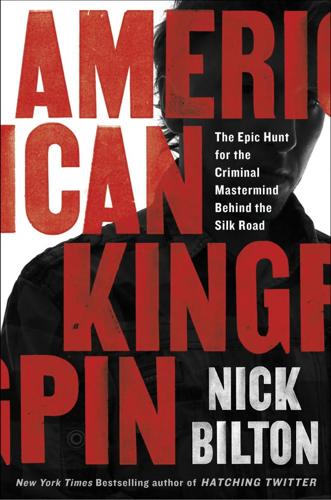
American Kingpin: The Epic Hunt for the Criminal Mastermind Behind the Silk Road
by Nick Bilton · 15 Mar 2017 · 349pp · 109,304 words
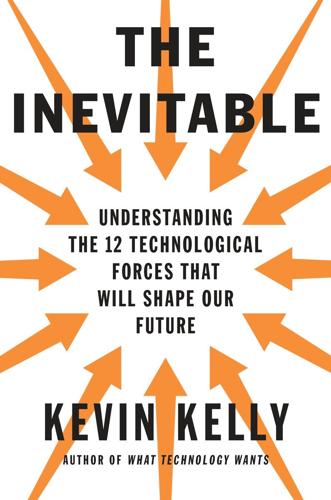
The Inevitable: Understanding the 12 Technological Forces That Will Shape Our Future
by Kevin Kelly · 6 Jun 2016 · 371pp · 108,317 words
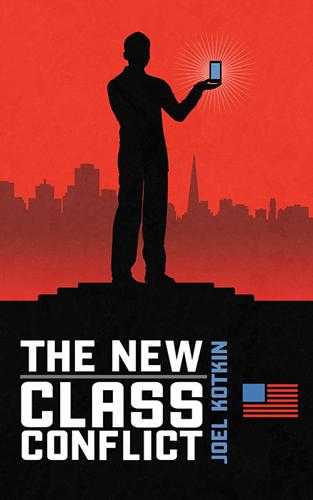
The New Class Conflict
by Joel Kotkin · 31 Aug 2014 · 362pp · 83,464 words
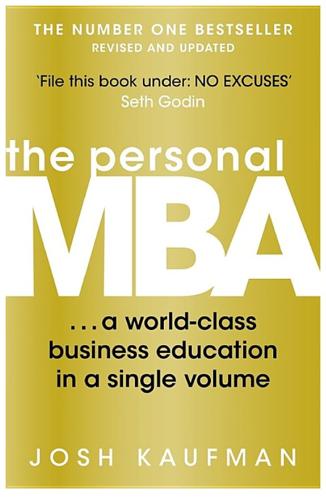
The Personal MBA: A World-Class Business Education in a Single Volume
by Josh Kaufman · 2 Feb 2011 · 624pp · 127,987 words
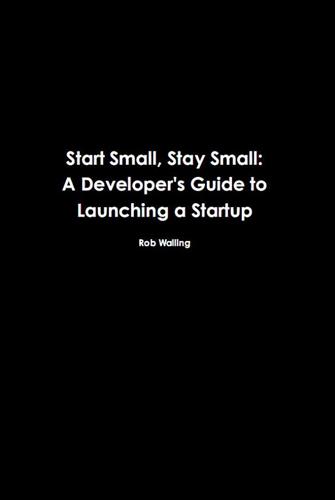
Start Small, Stay Small: A Developer's Guide to Launching a Startup
by Rob Walling · 15 Jan 2010 · 183pp · 49,460 words
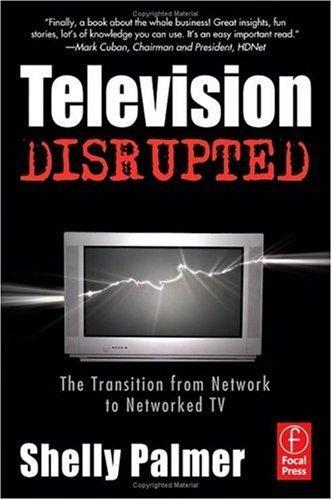
Television disrupted: the transition from network to networked TV
by Shelly Palmer · 14 Apr 2006 · 406pp · 88,820 words
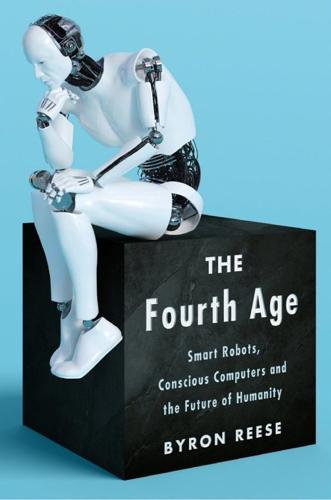
The Fourth Age: Smart Robots, Conscious Computers, and the Future of Humanity
by Byron Reese · 23 Apr 2018 · 294pp · 96,661 words
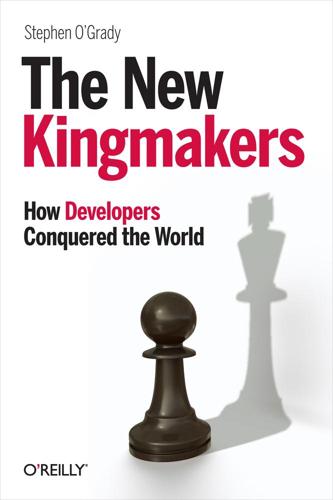
The New Kingmakers
by Stephen O'Grady · 14 Mar 2013 · 56pp · 16,788 words
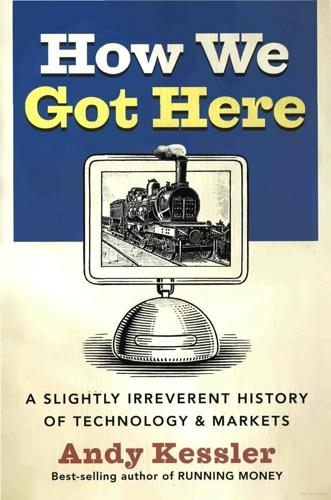
How We Got Here: A Slightly Irreverent History of Technology and Markets
by Andy Kessler · 13 Jun 2005 · 218pp · 63,471 words
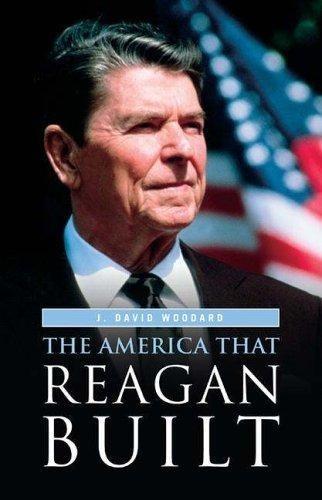
The America That Reagan Built
by J. David Woodard · 15 Mar 2006
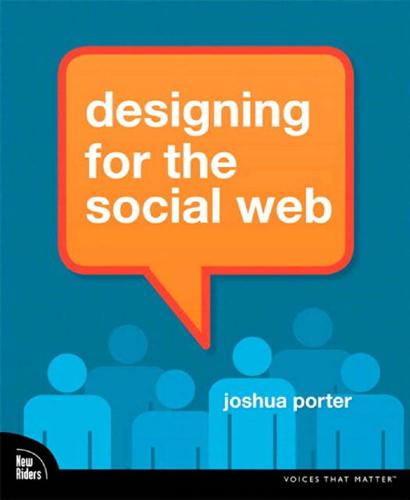
Designing for the Social Web
by Joshua Porter · 18 May 2008 · 201pp · 21,180 words
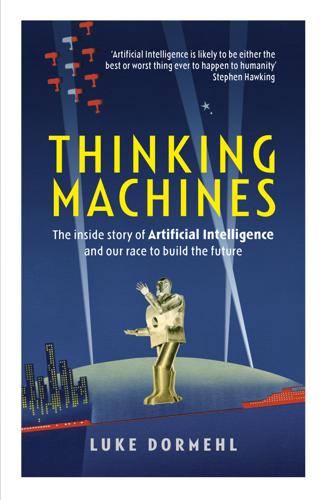
Thinking Machines: The Inside Story of Artificial Intelligence and Our Race to Build the Future
by Luke Dormehl · 10 Aug 2016 · 252pp · 74,167 words
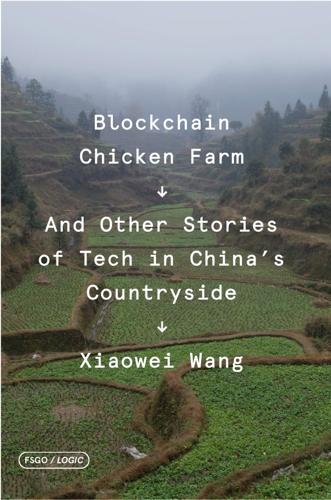
Blockchain Chicken Farm: And Other Stories of Tech in China's Countryside
by Xiaowei Wang · 12 Oct 2020 · 196pp · 61,981 words
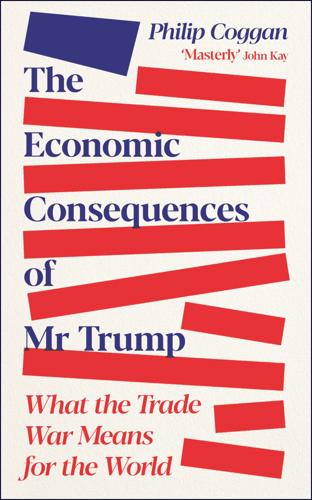
The Economic Consequences of Mr Trump: What the Trade War Means for the World
by Philip Coggan · 1 Jul 2025 · 96pp · 36,083 words
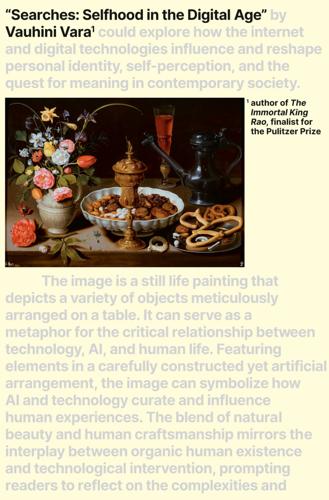
Searches: Selfhood in the Digital Age
by Vauhini Vara · 8 Apr 2025 · 301pp · 105,209 words
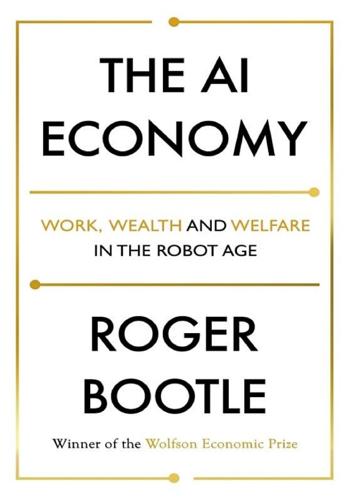
The AI Economy: Work, Wealth and Welfare in the Robot Age
by Roger Bootle · 4 Sep 2019 · 374pp · 111,284 words